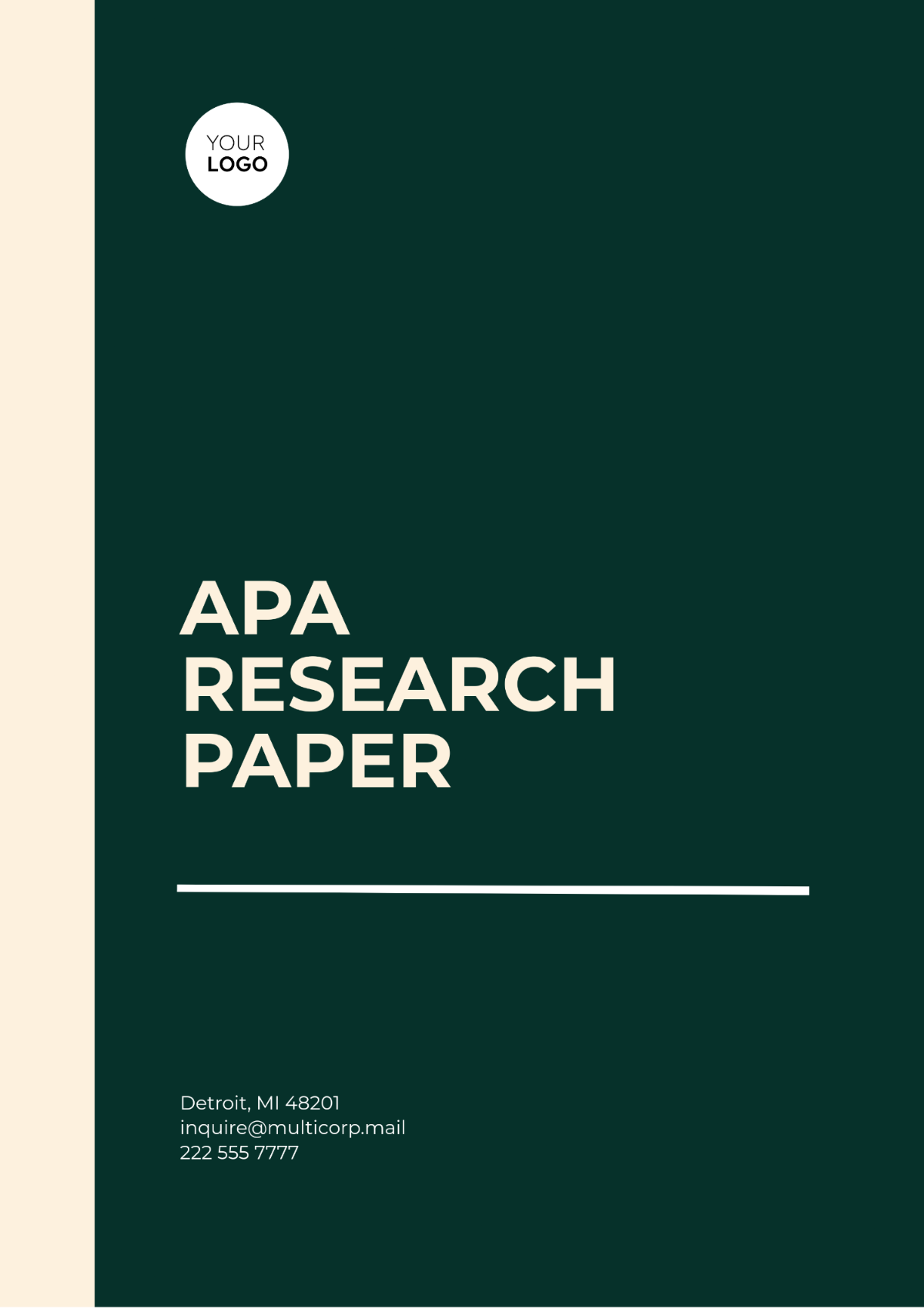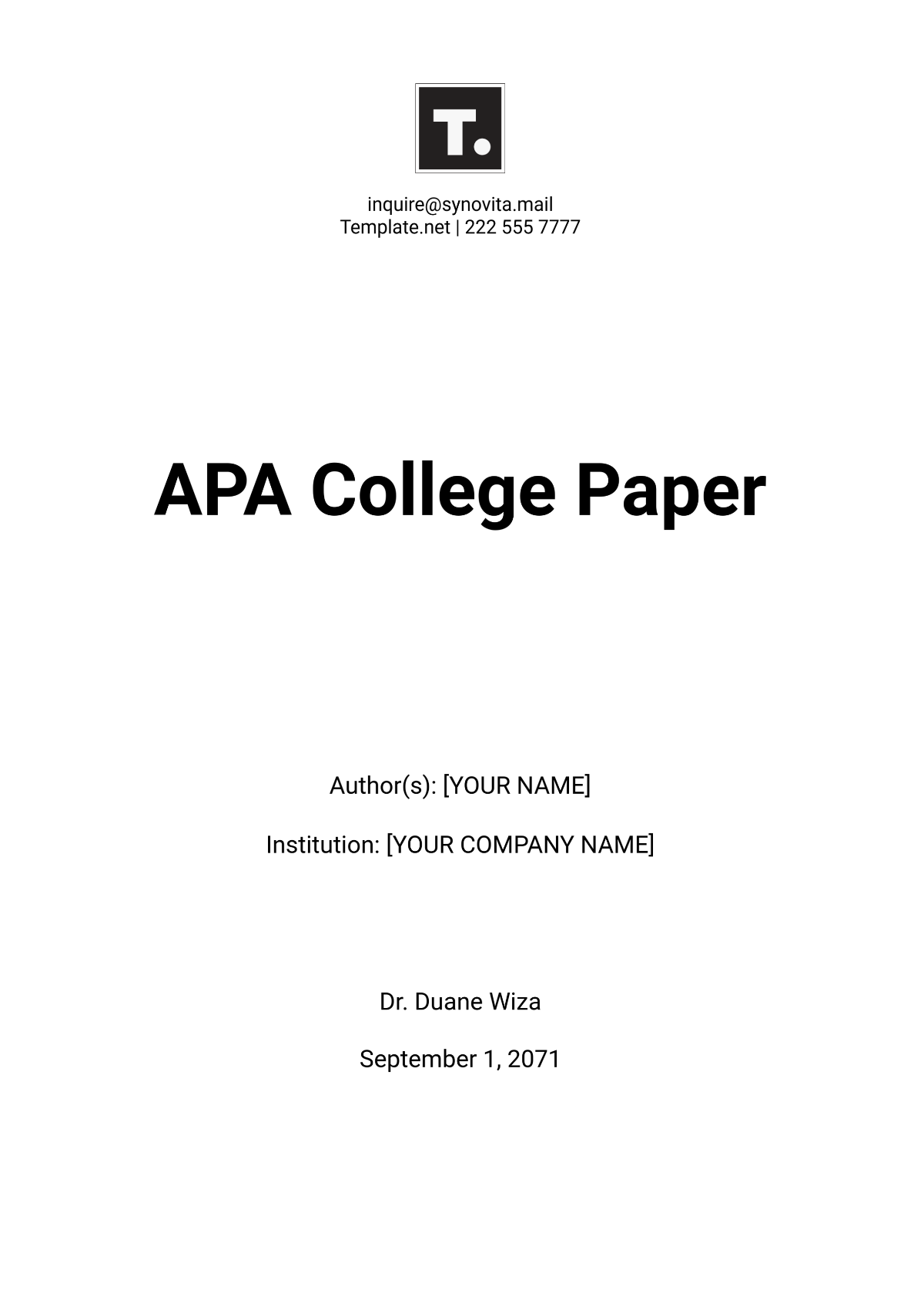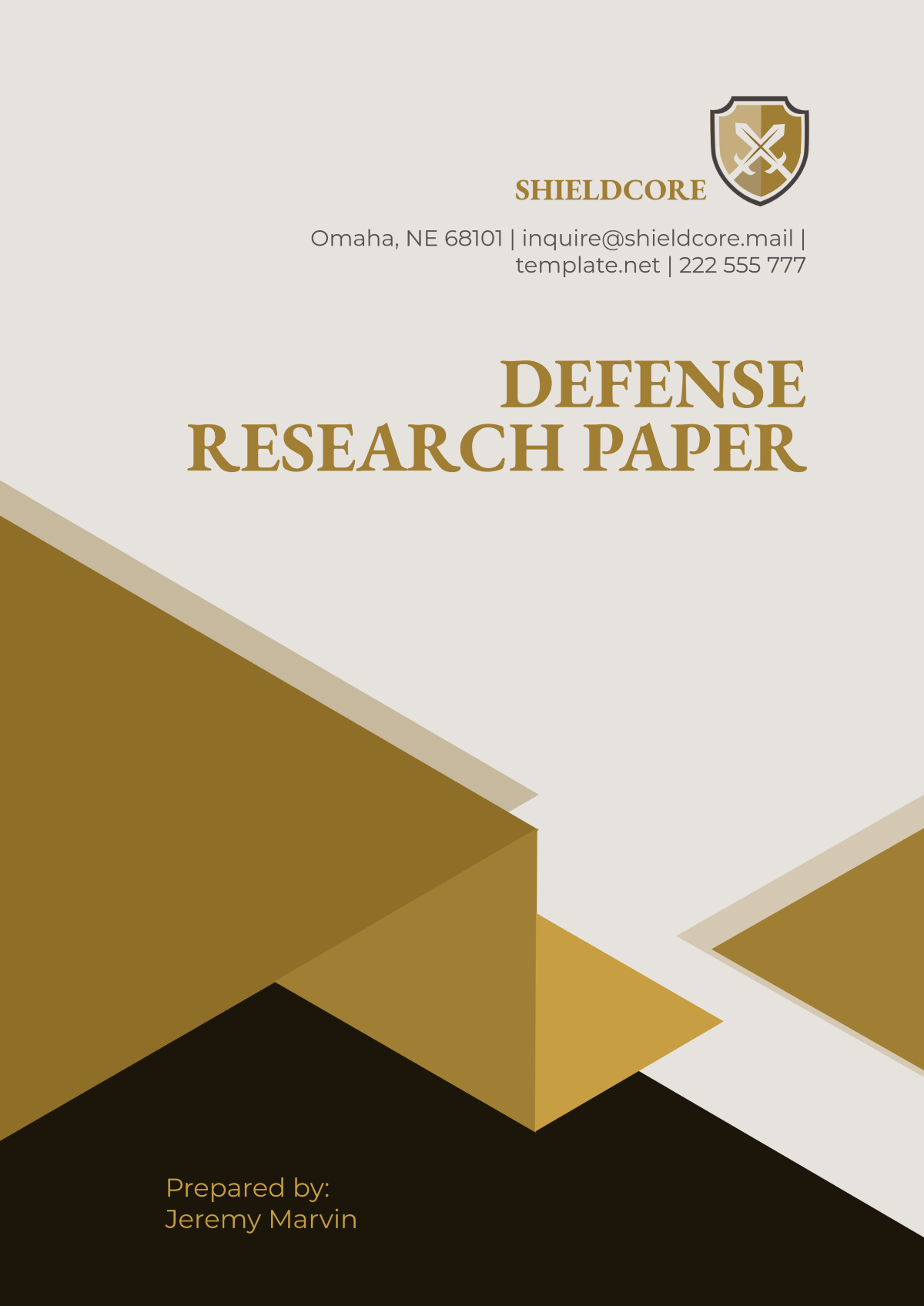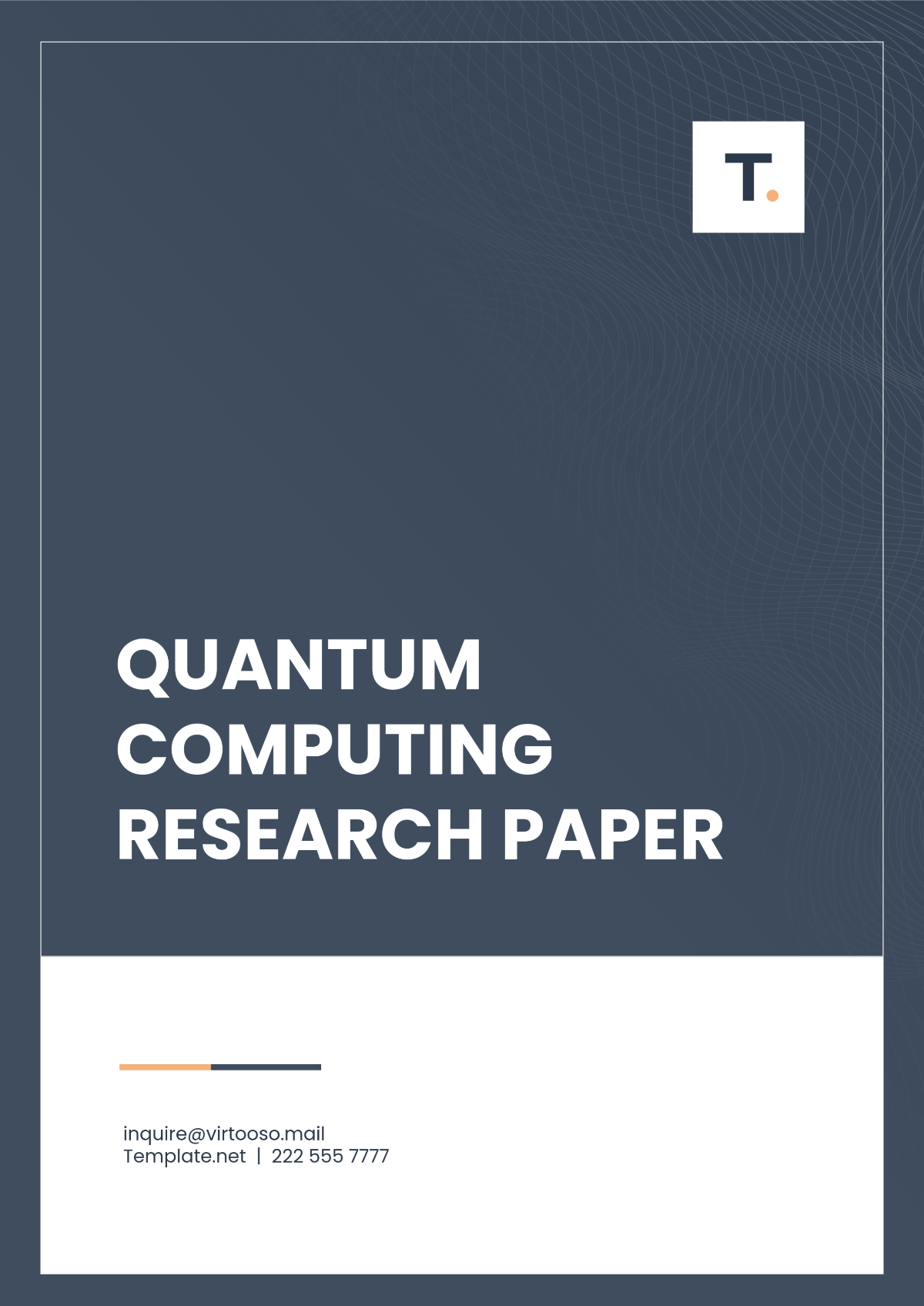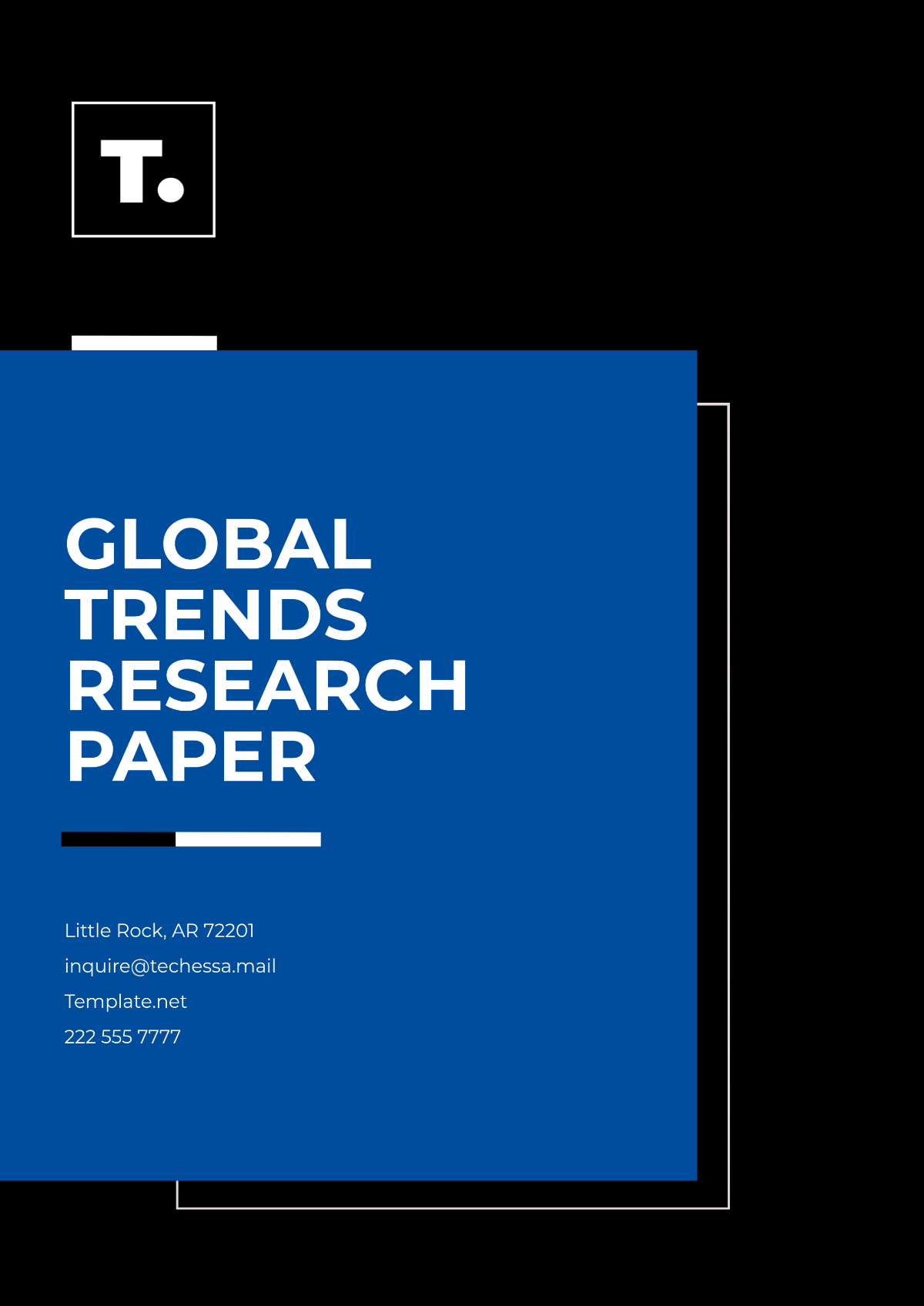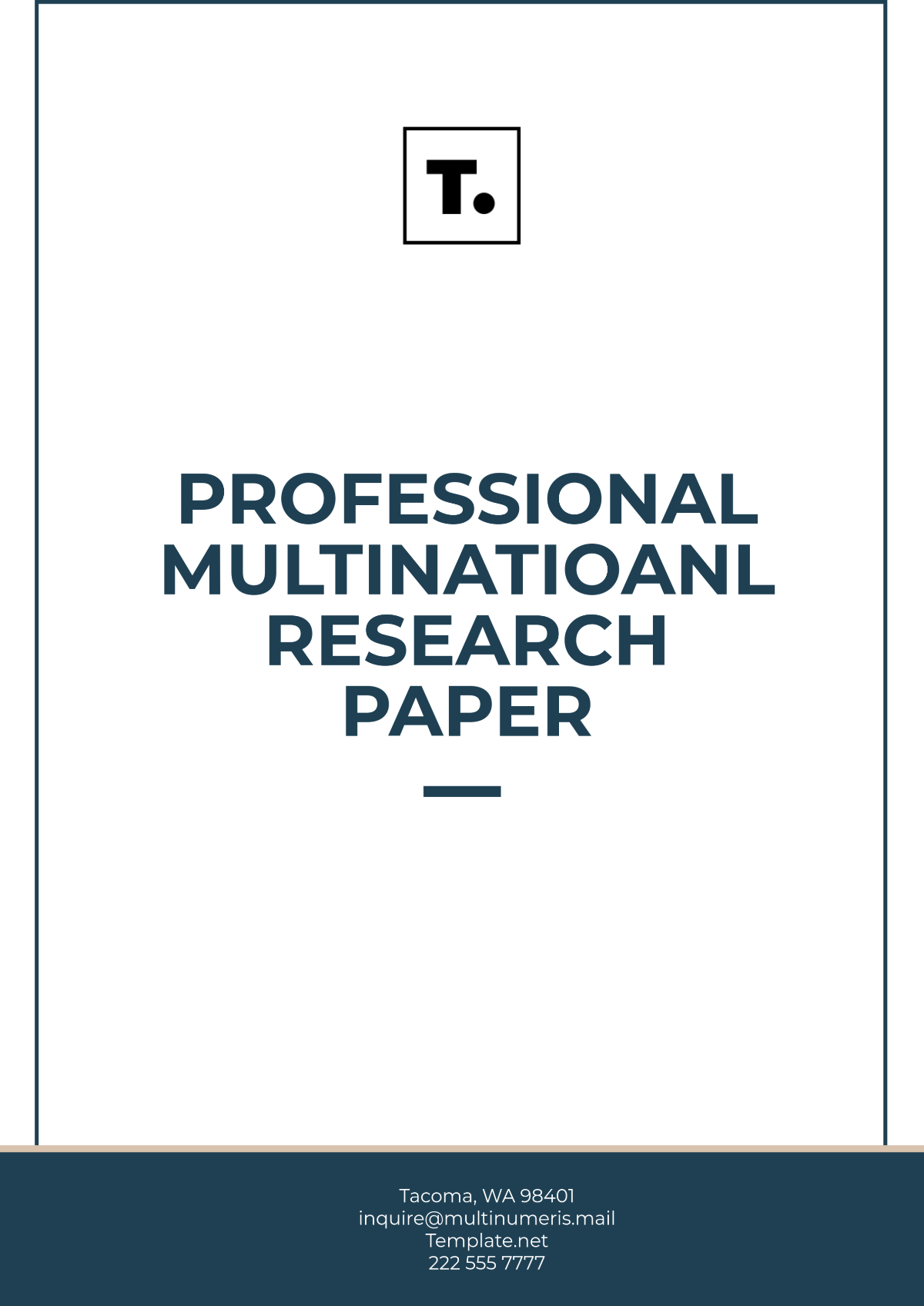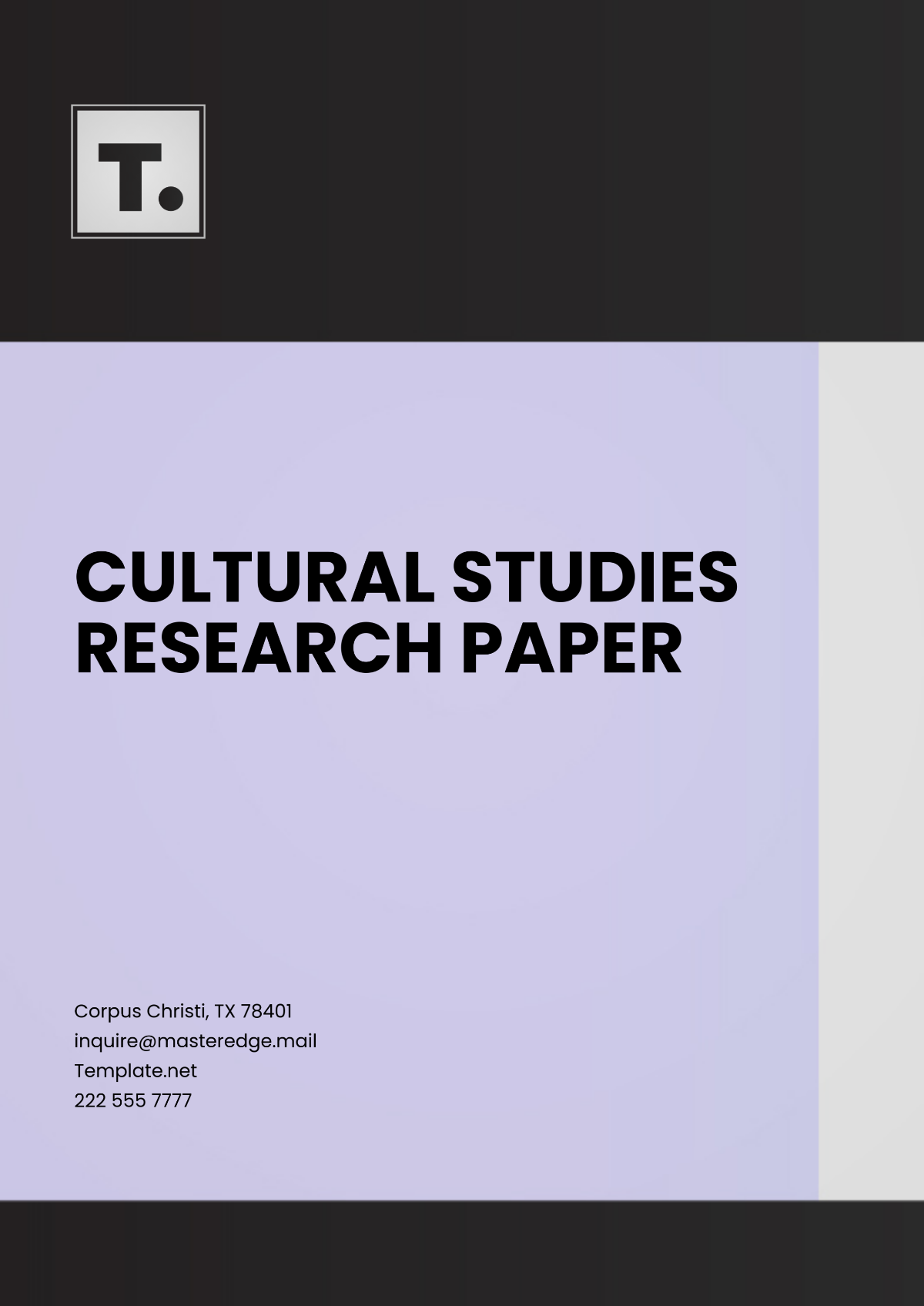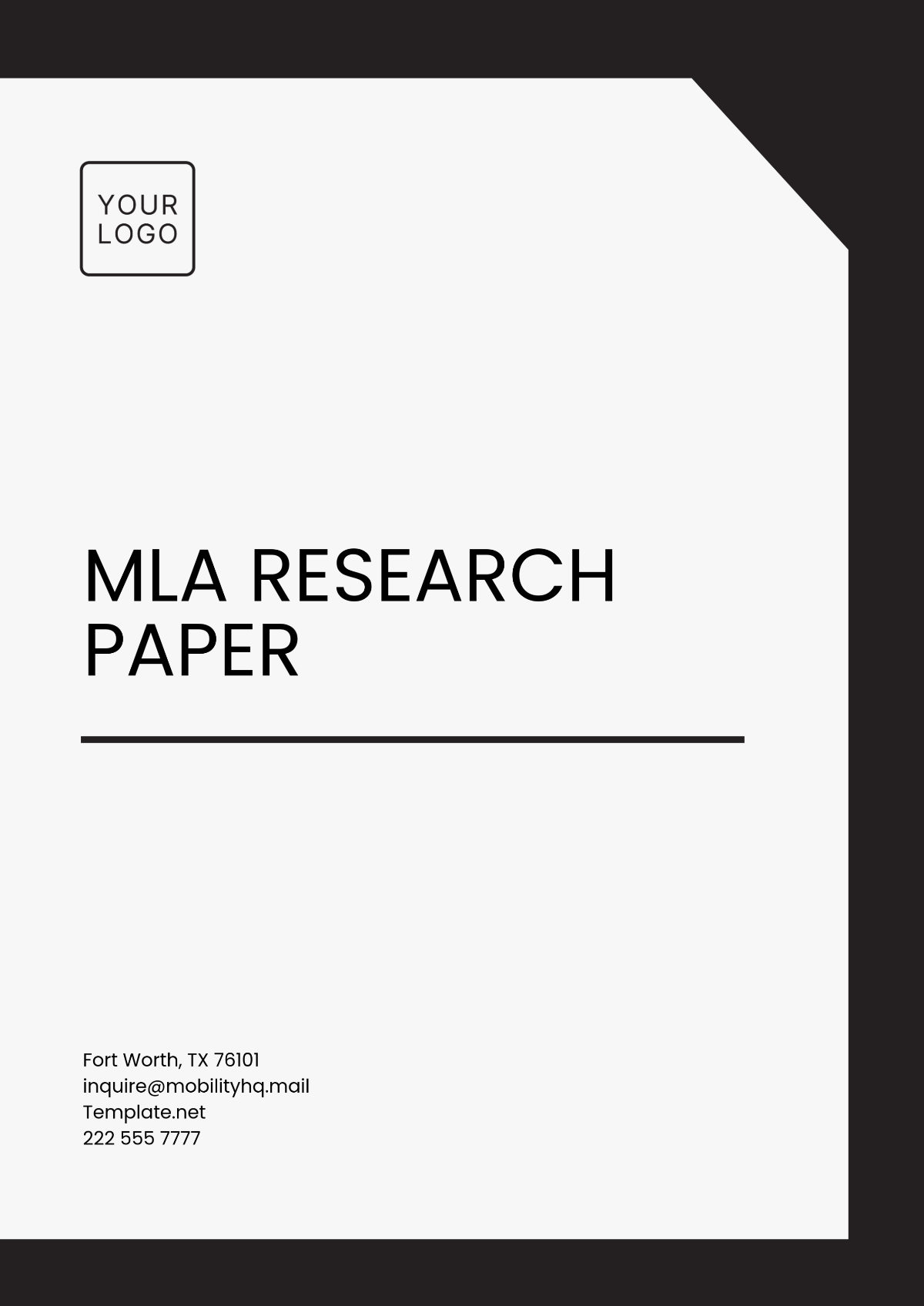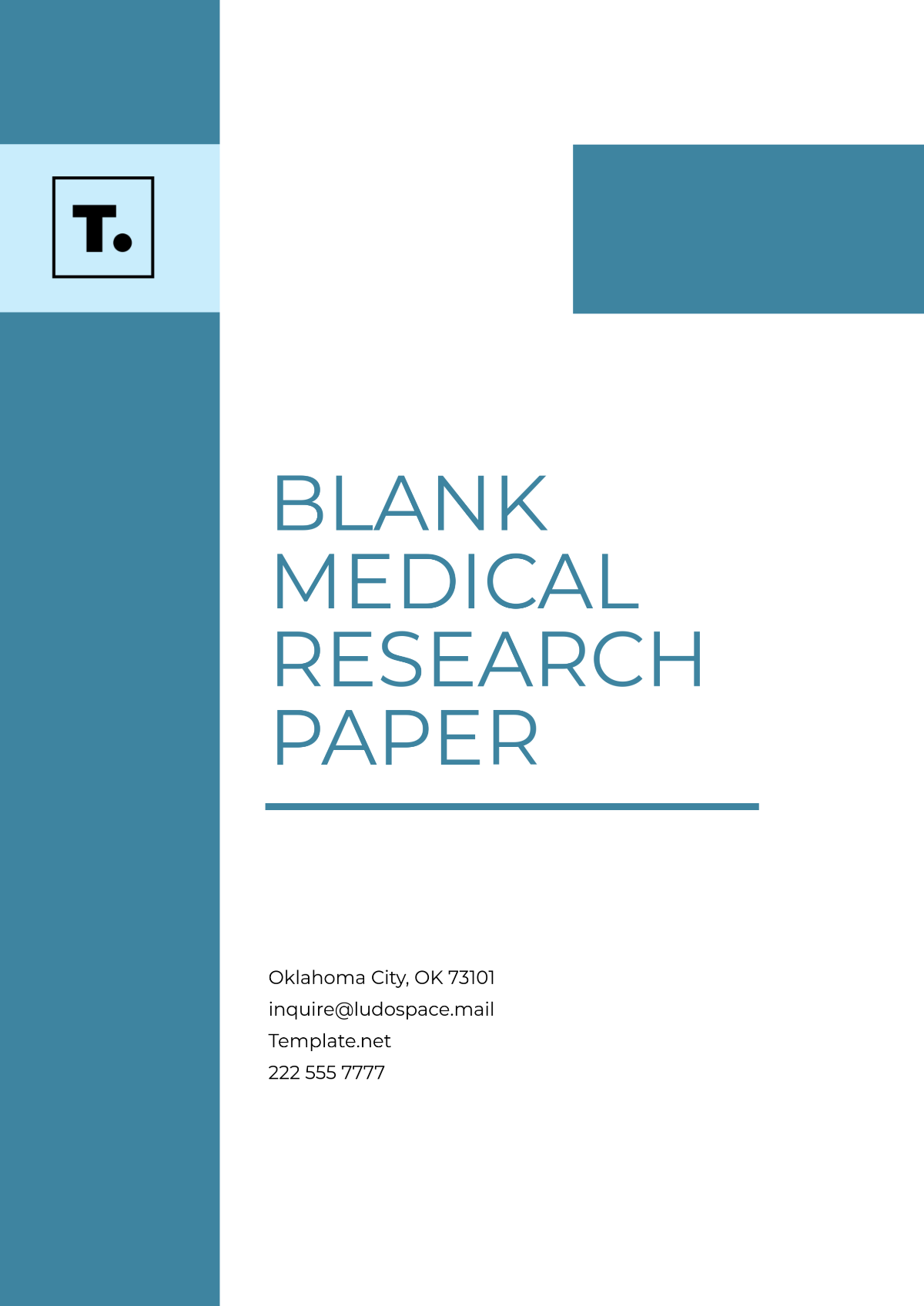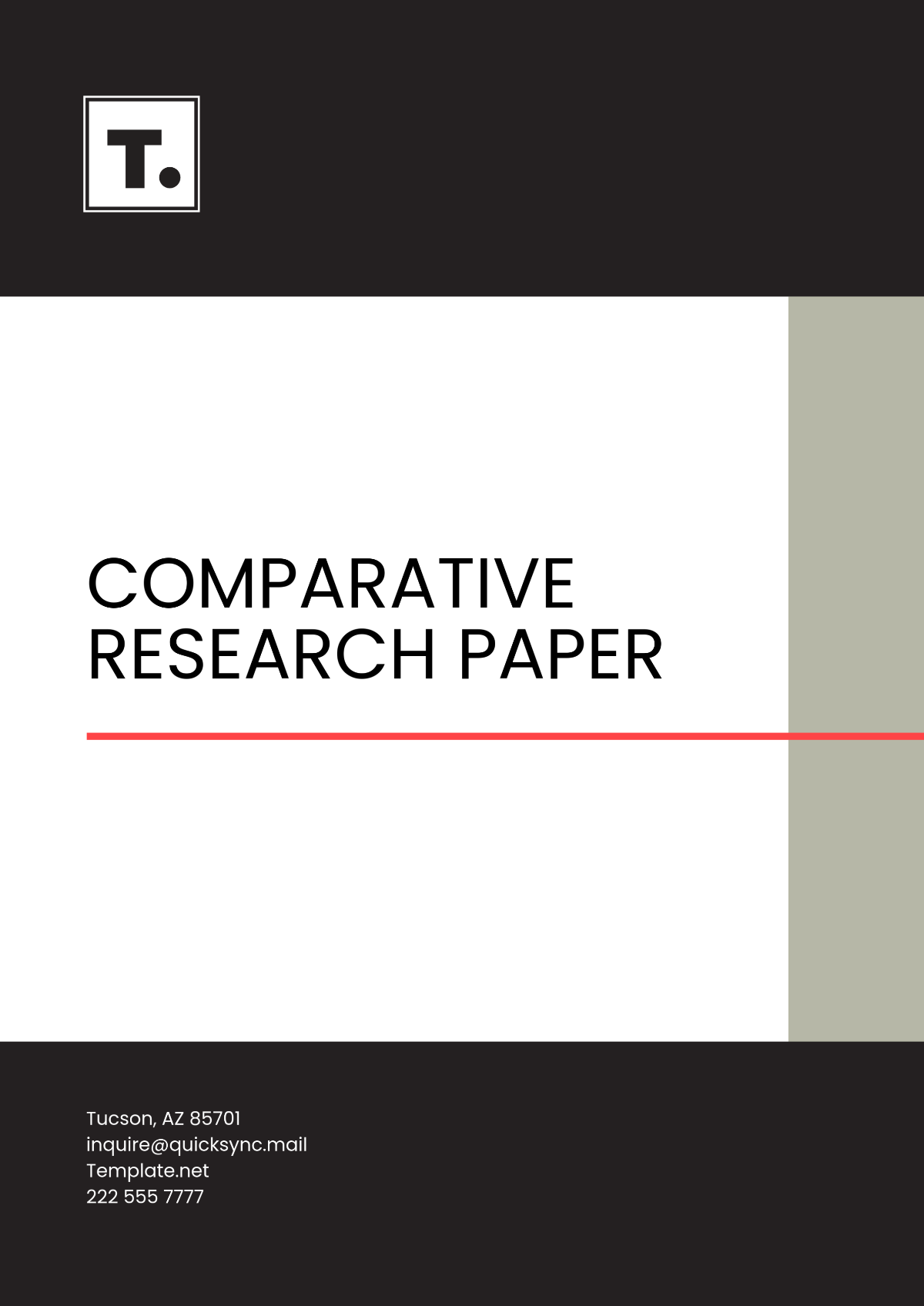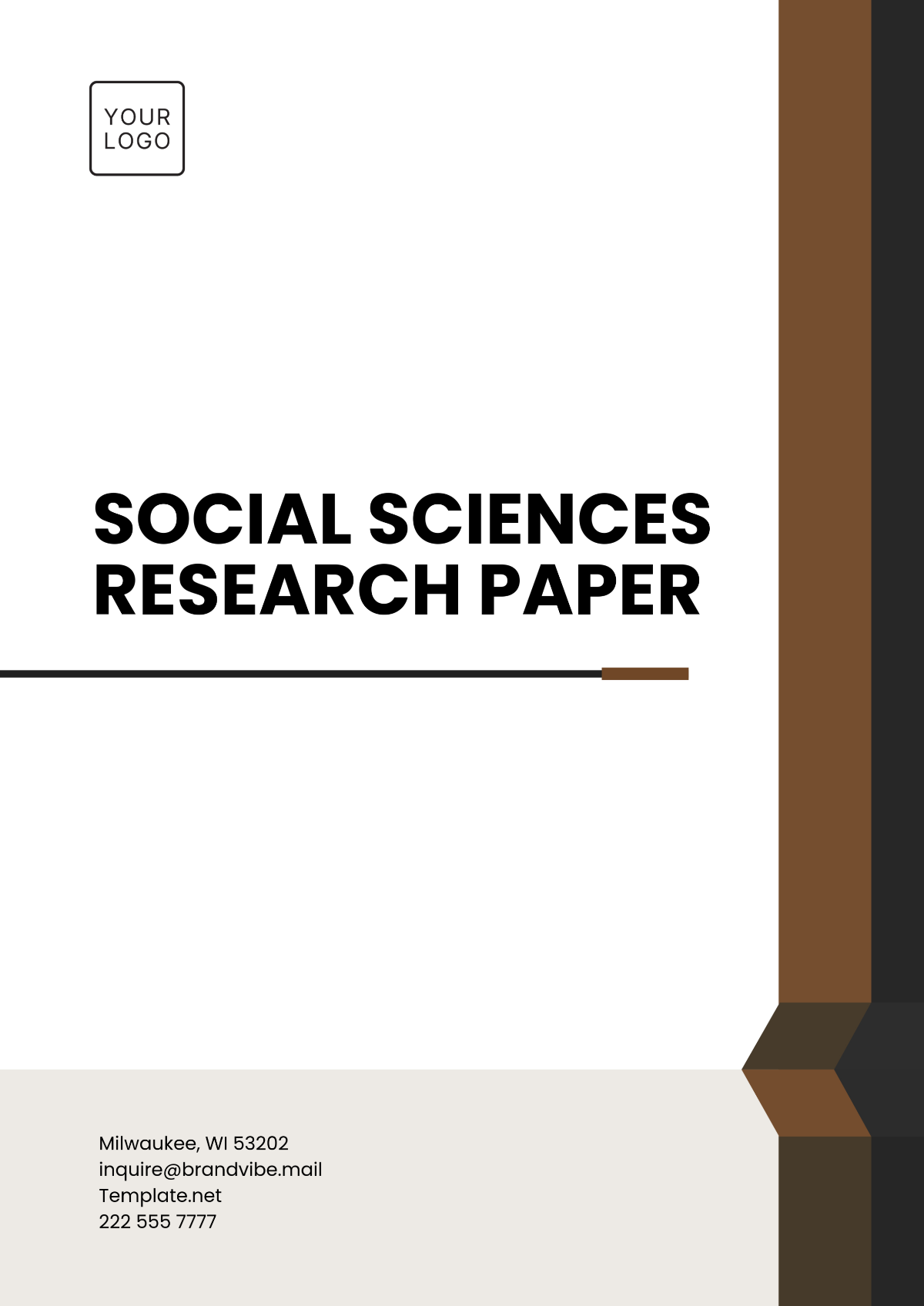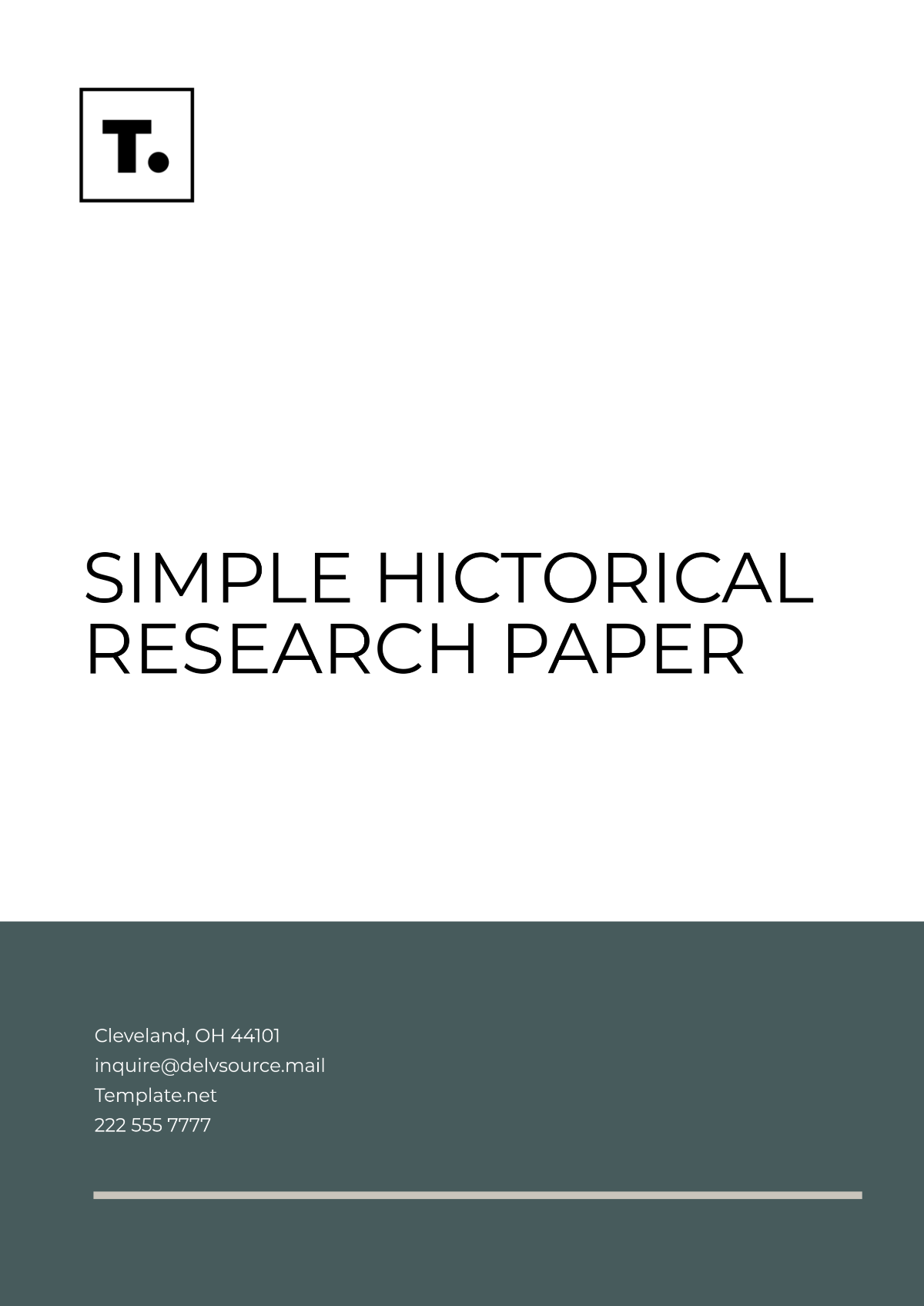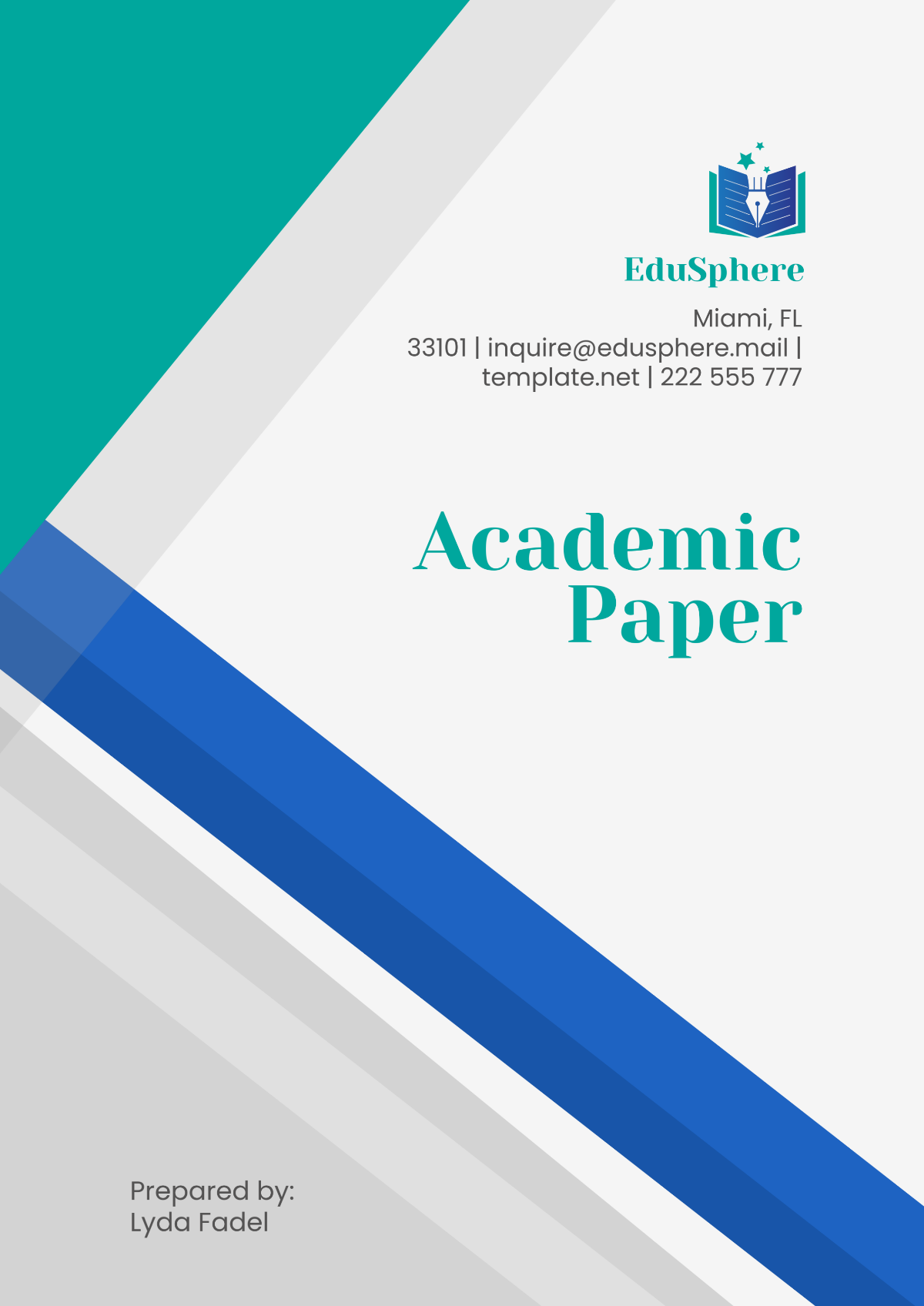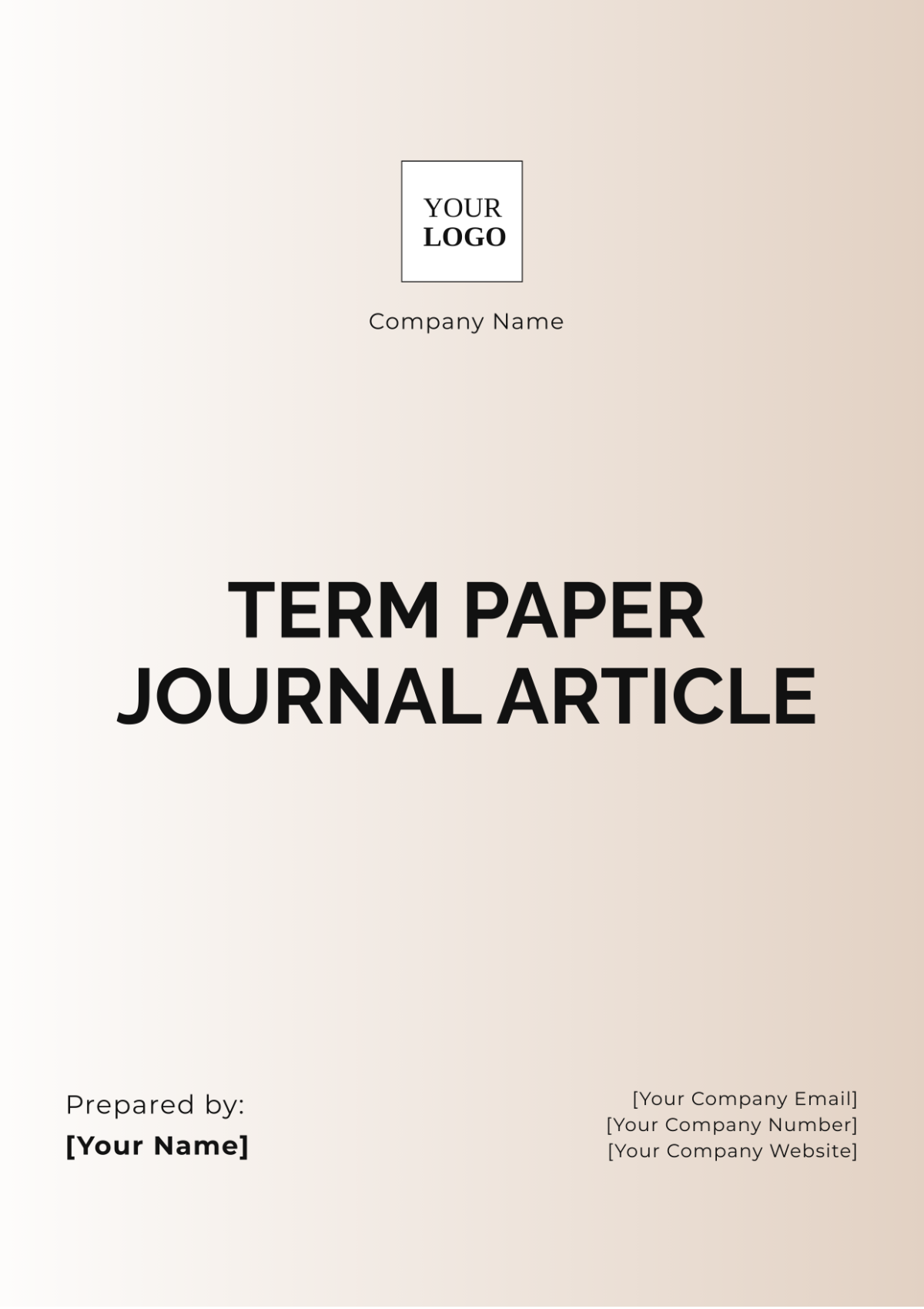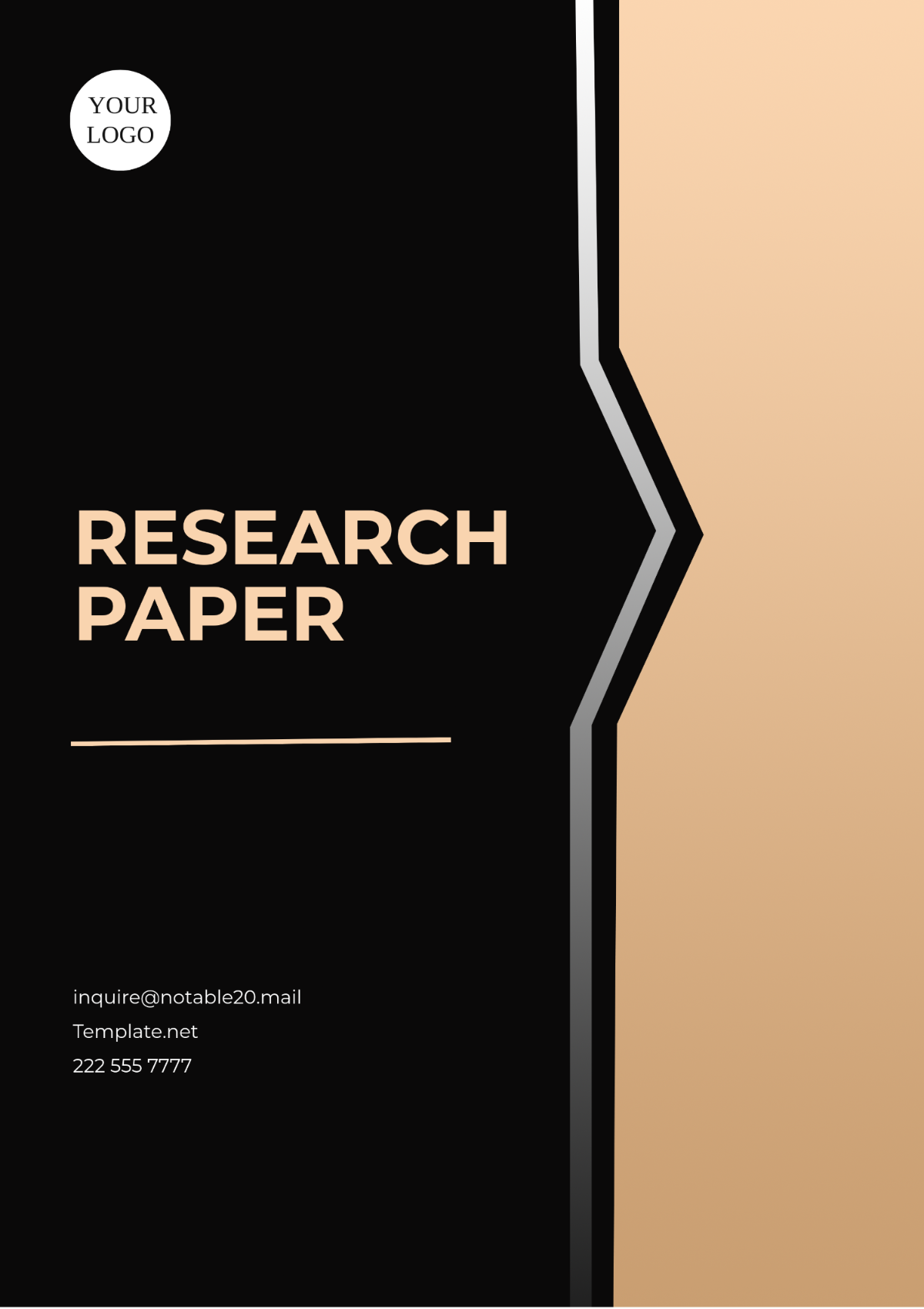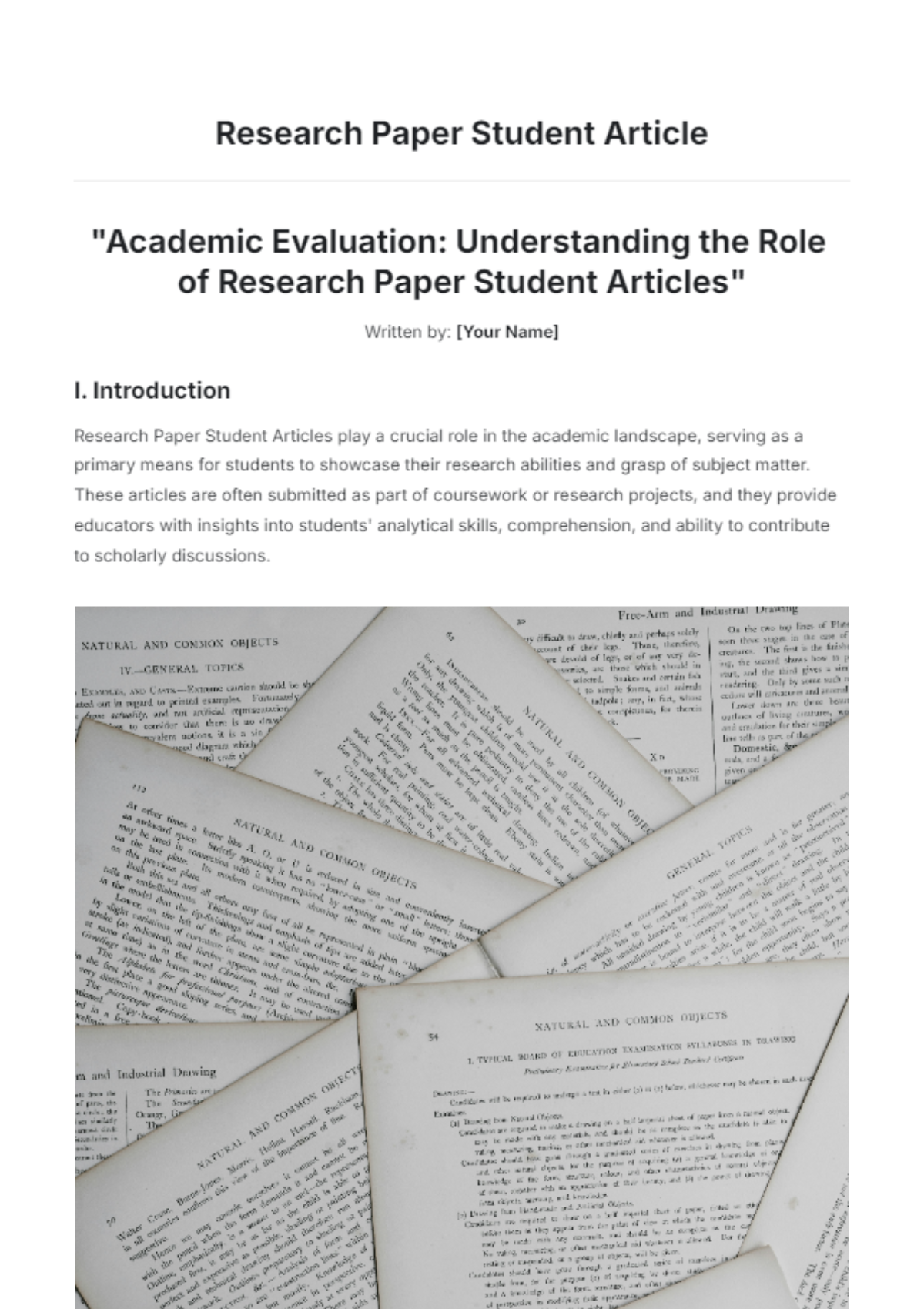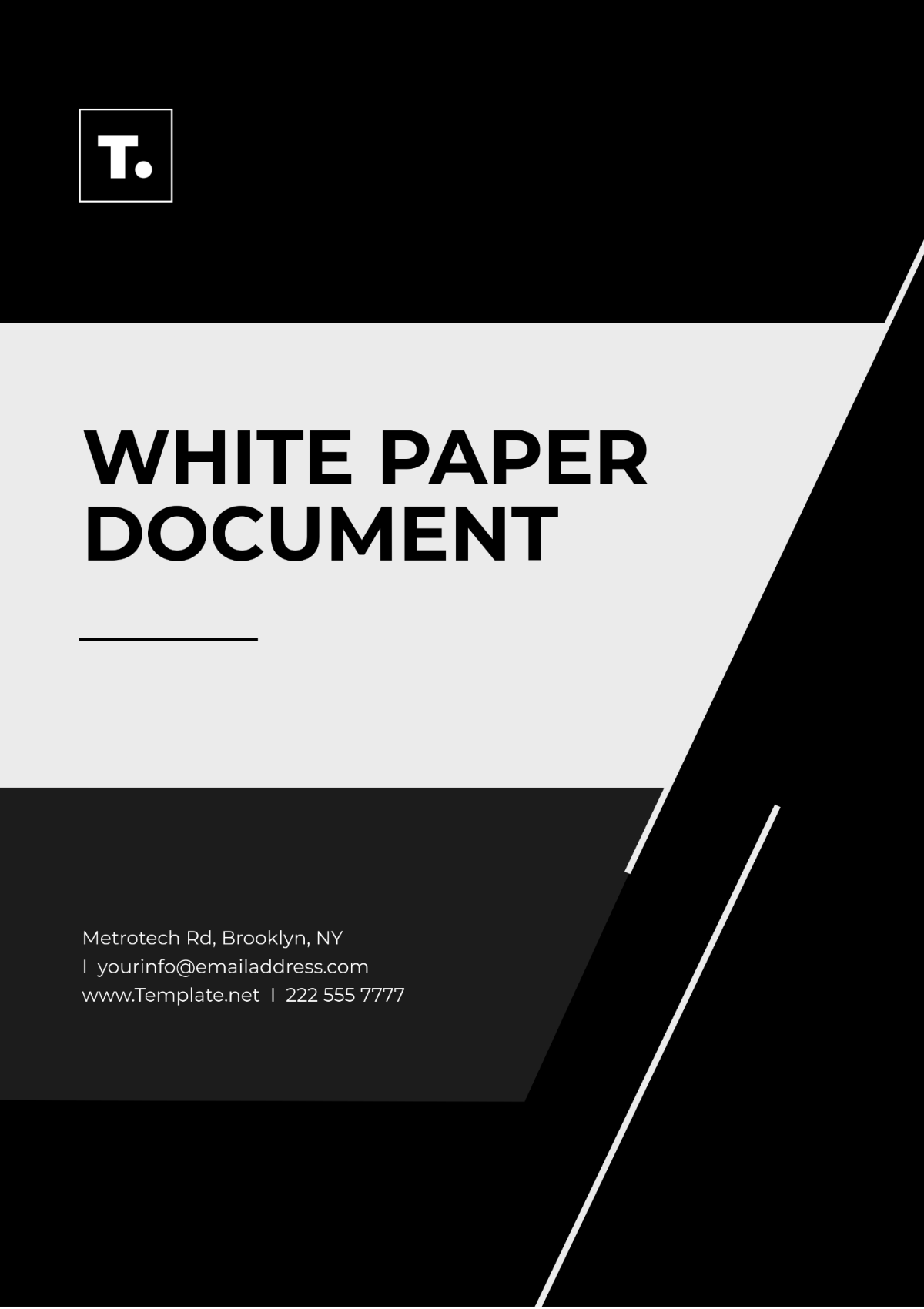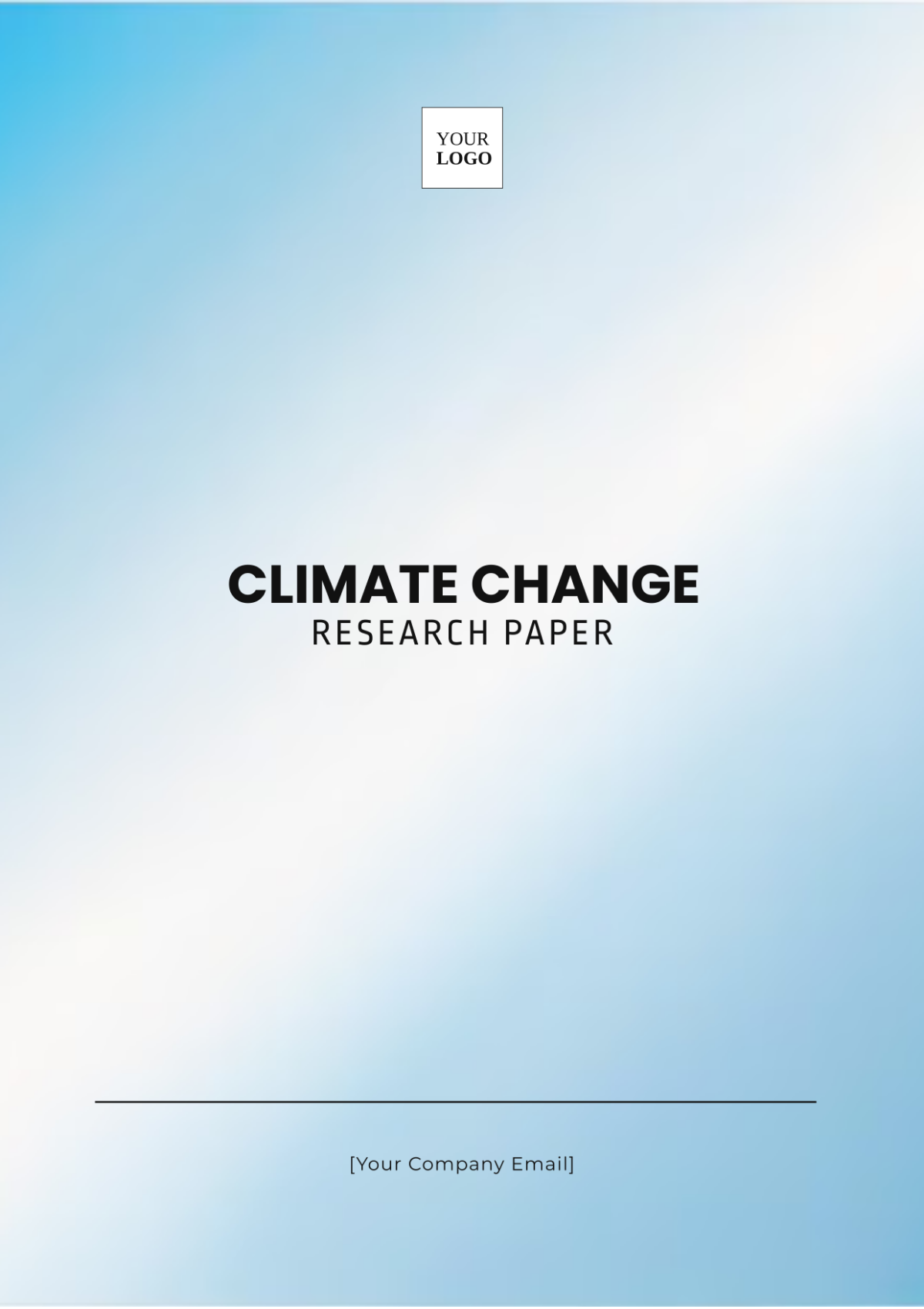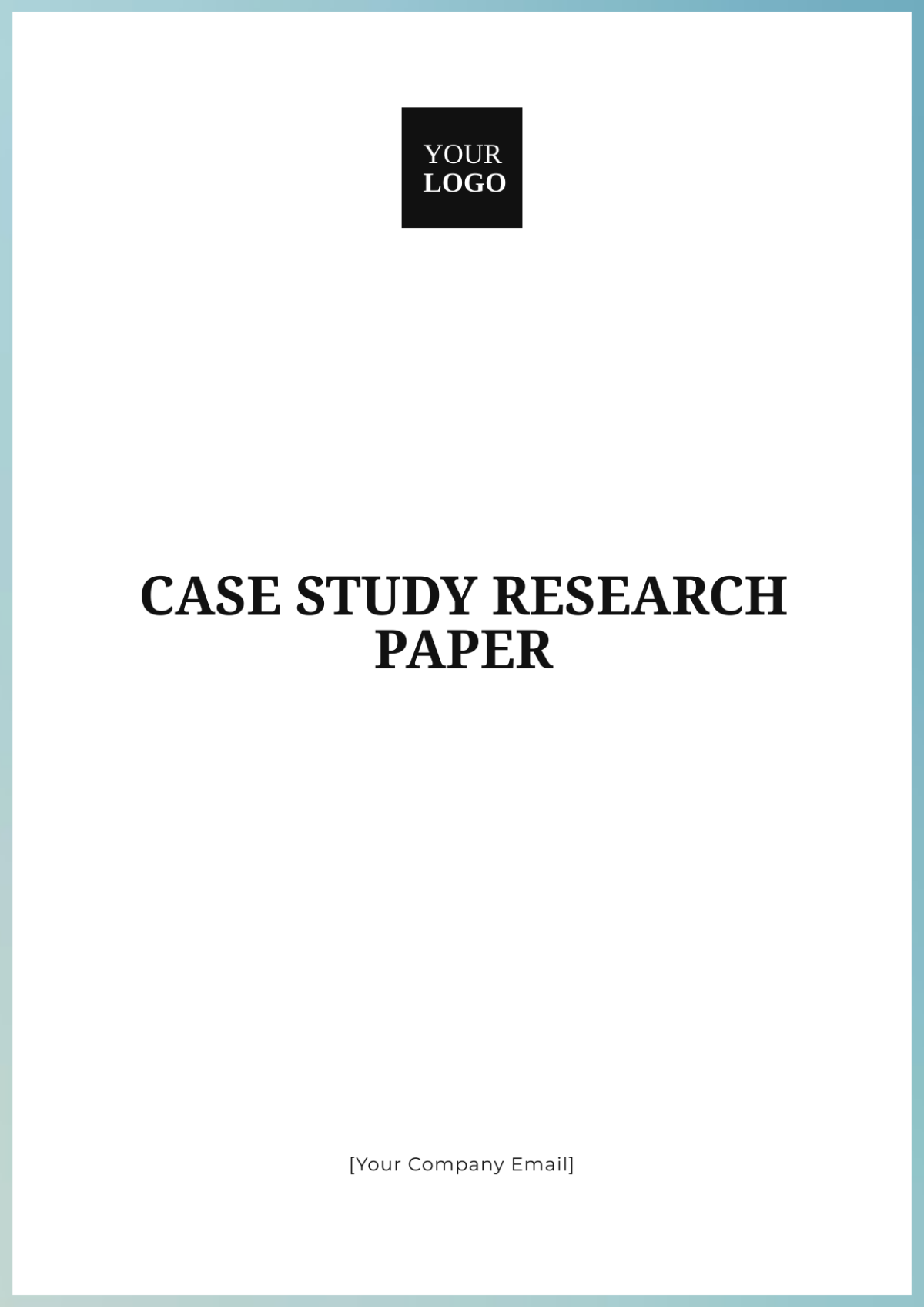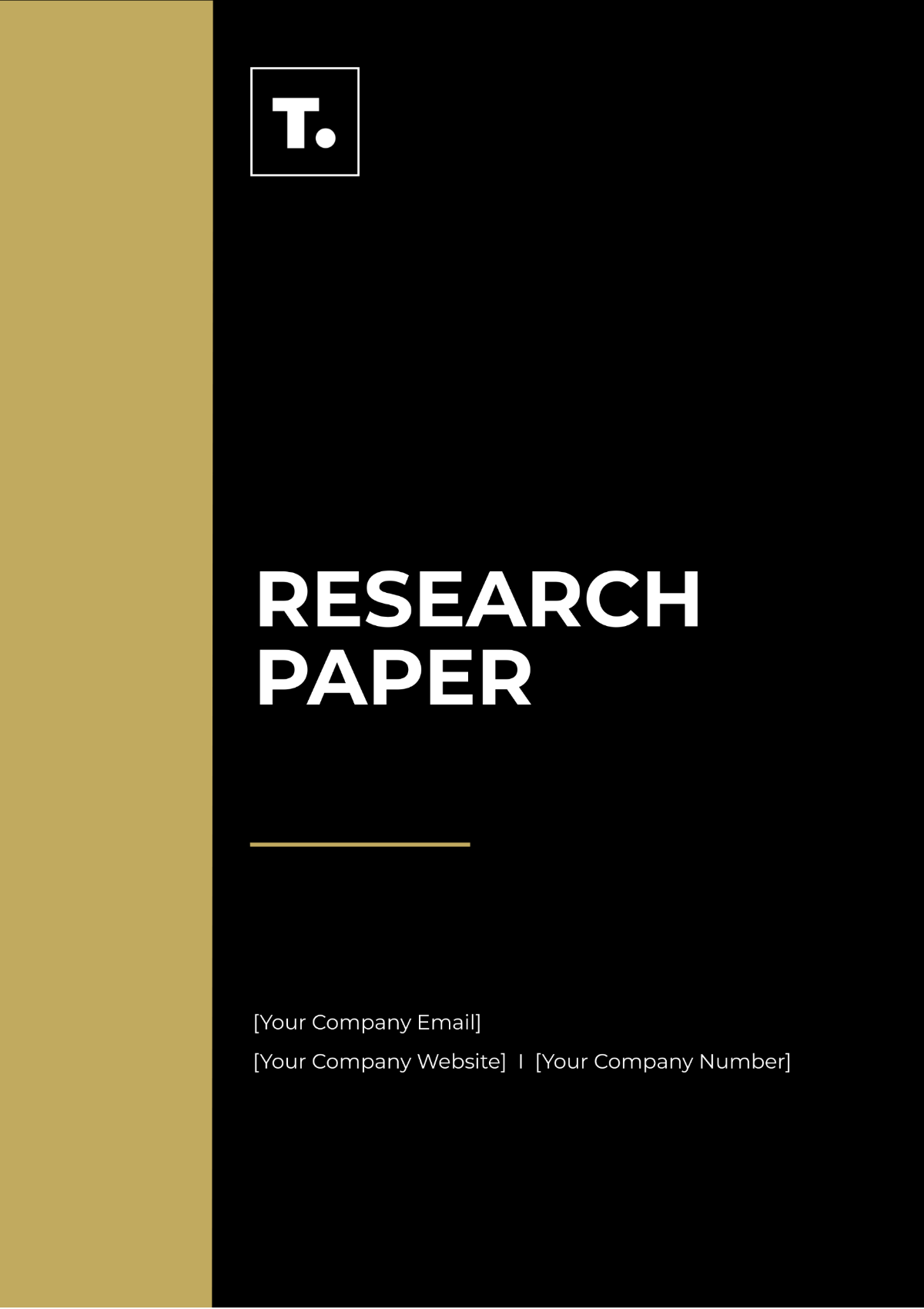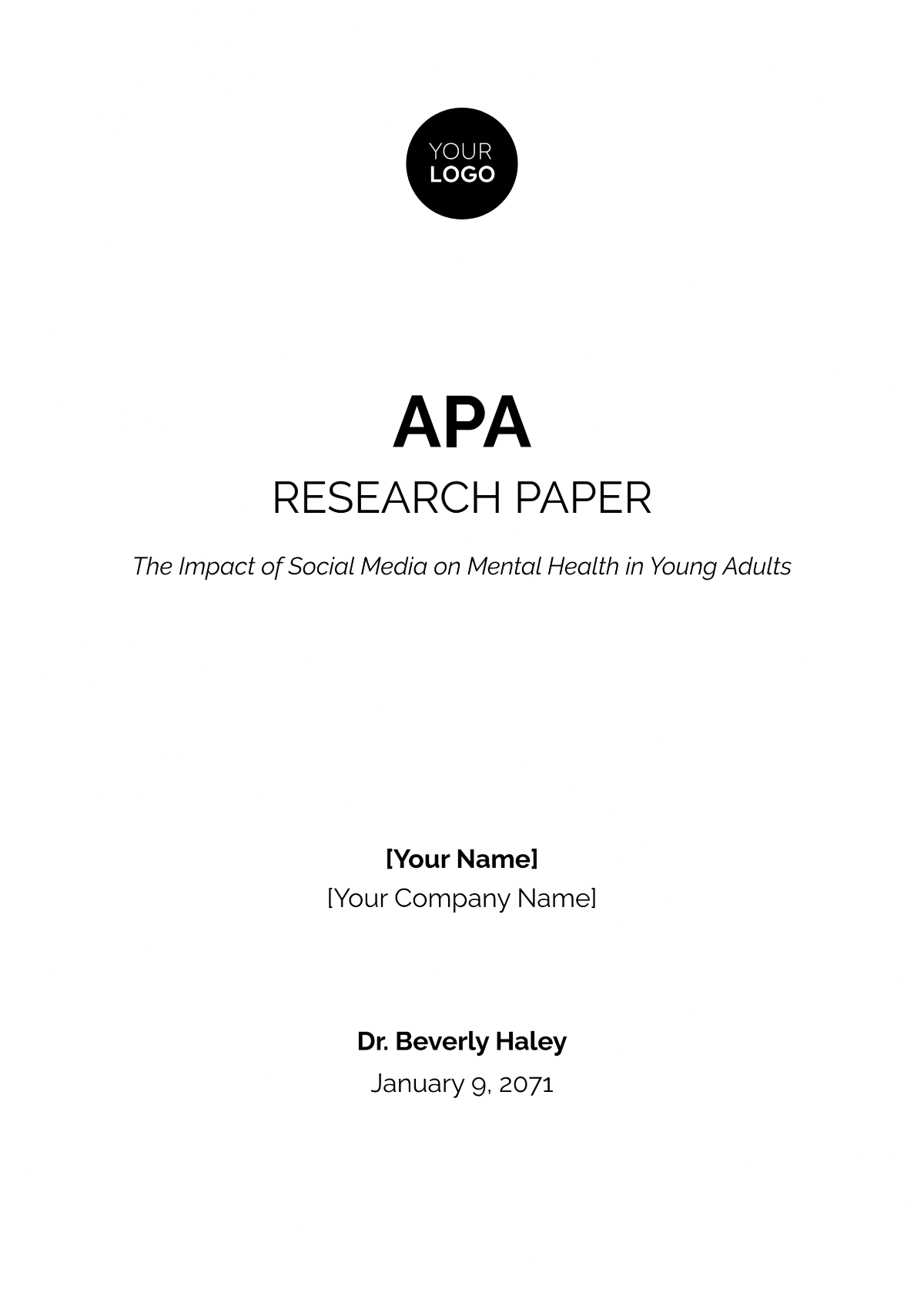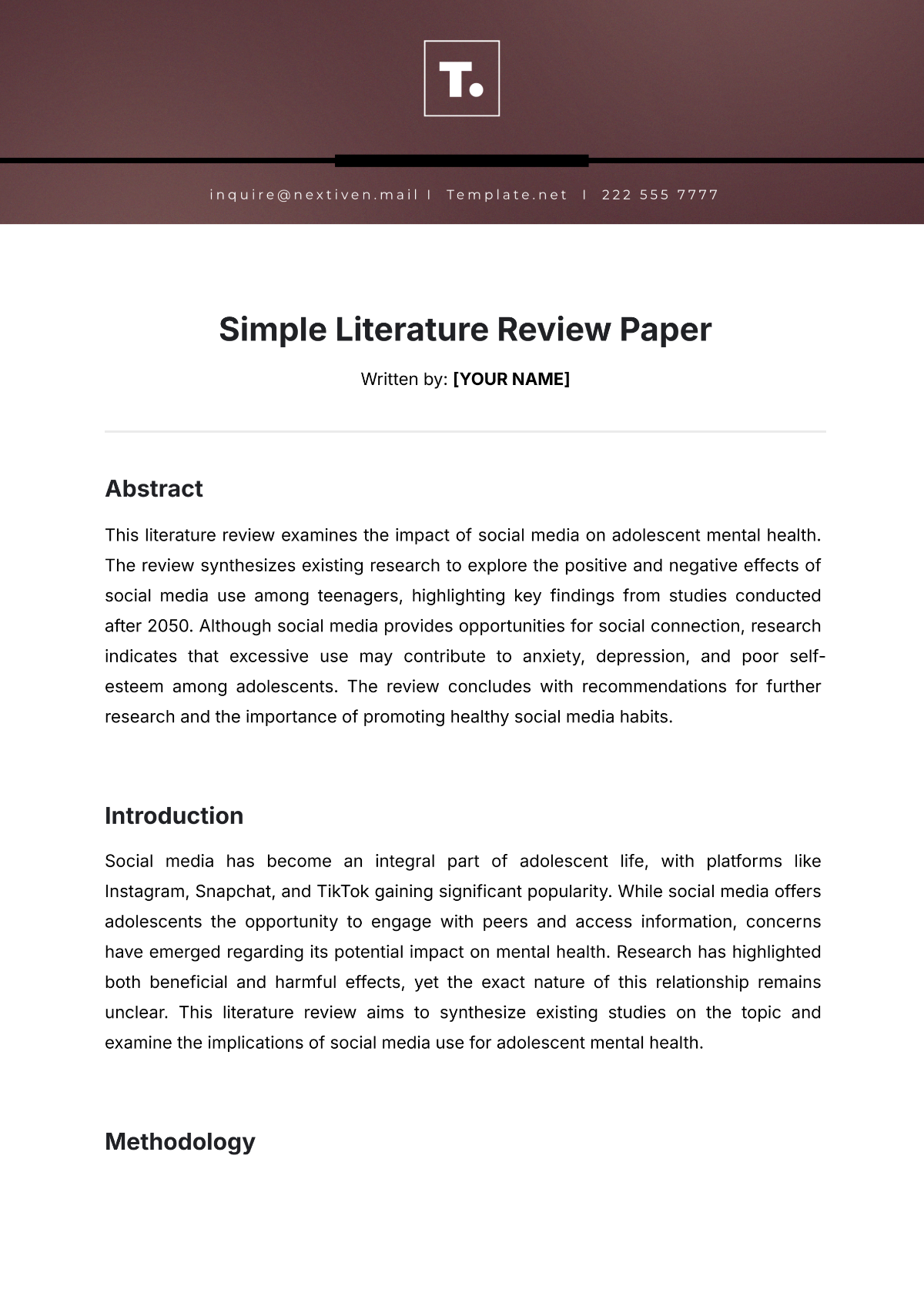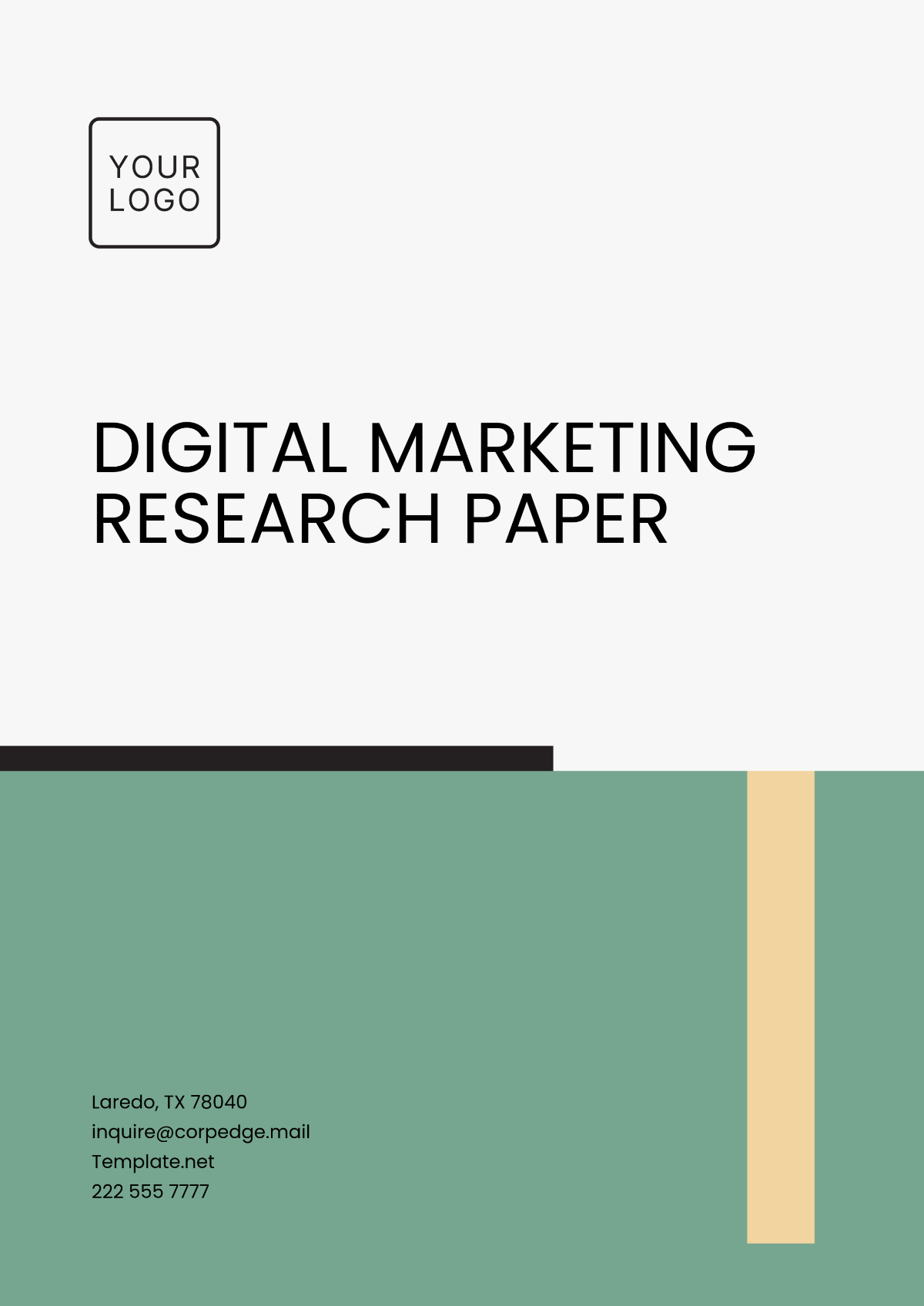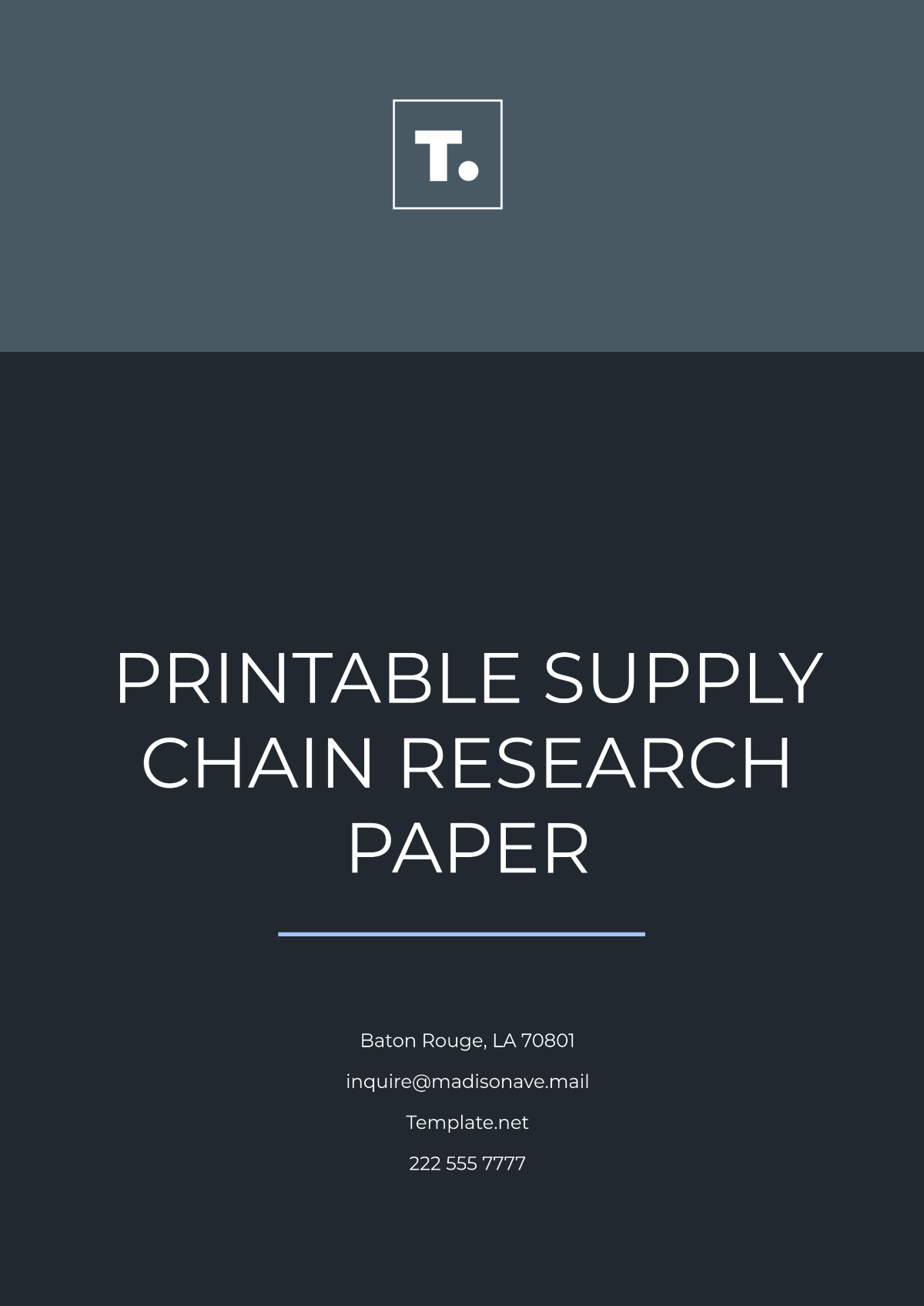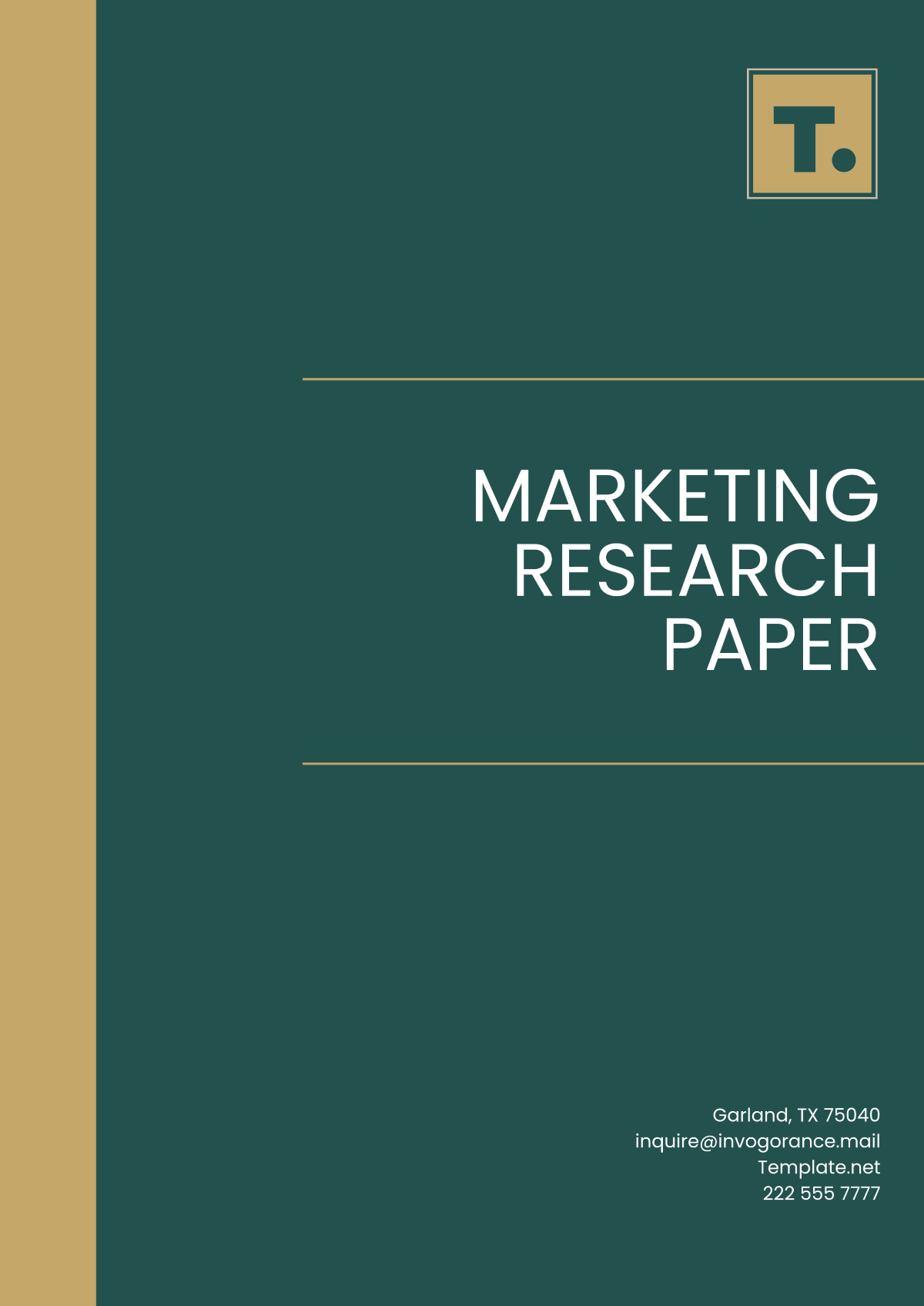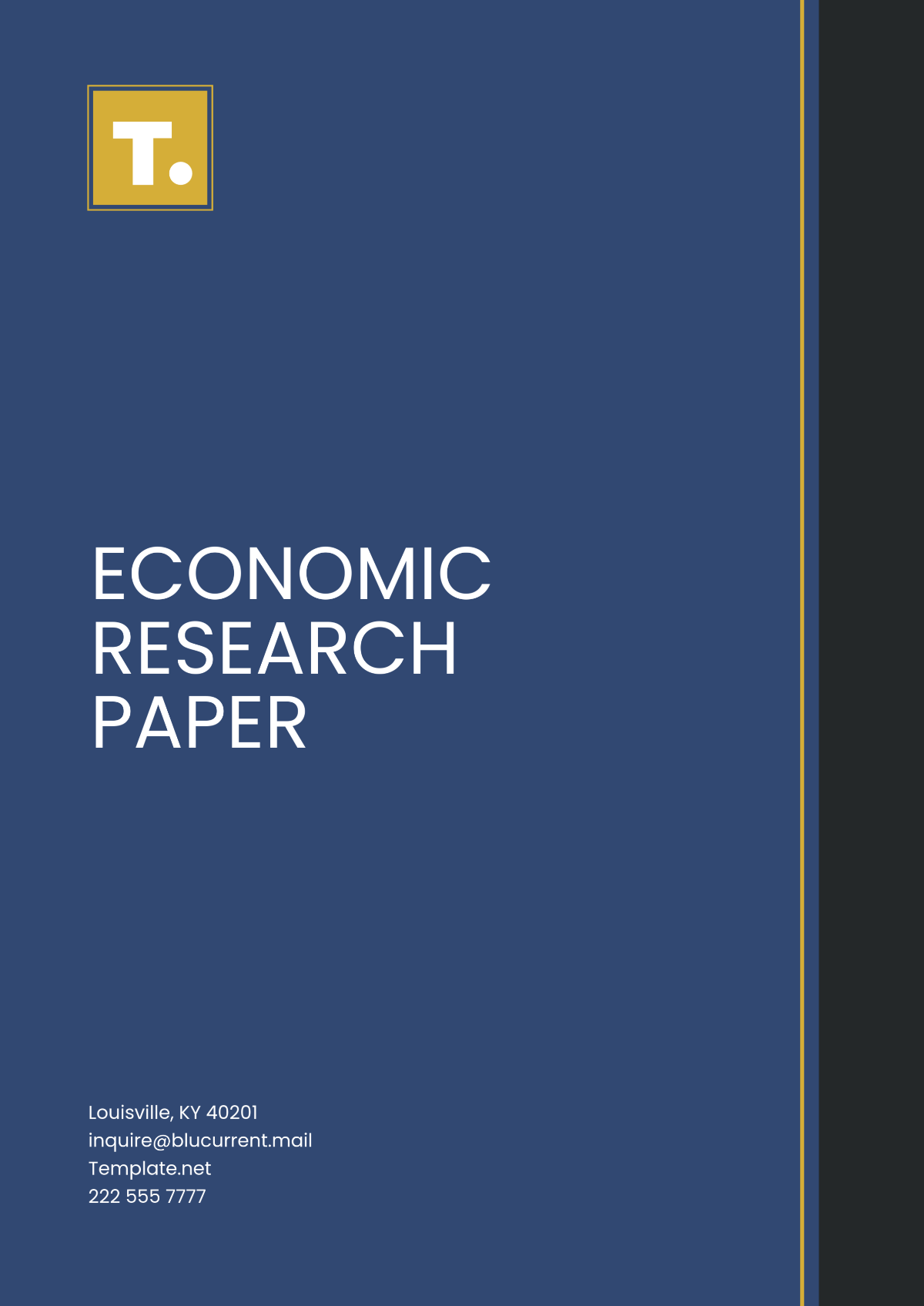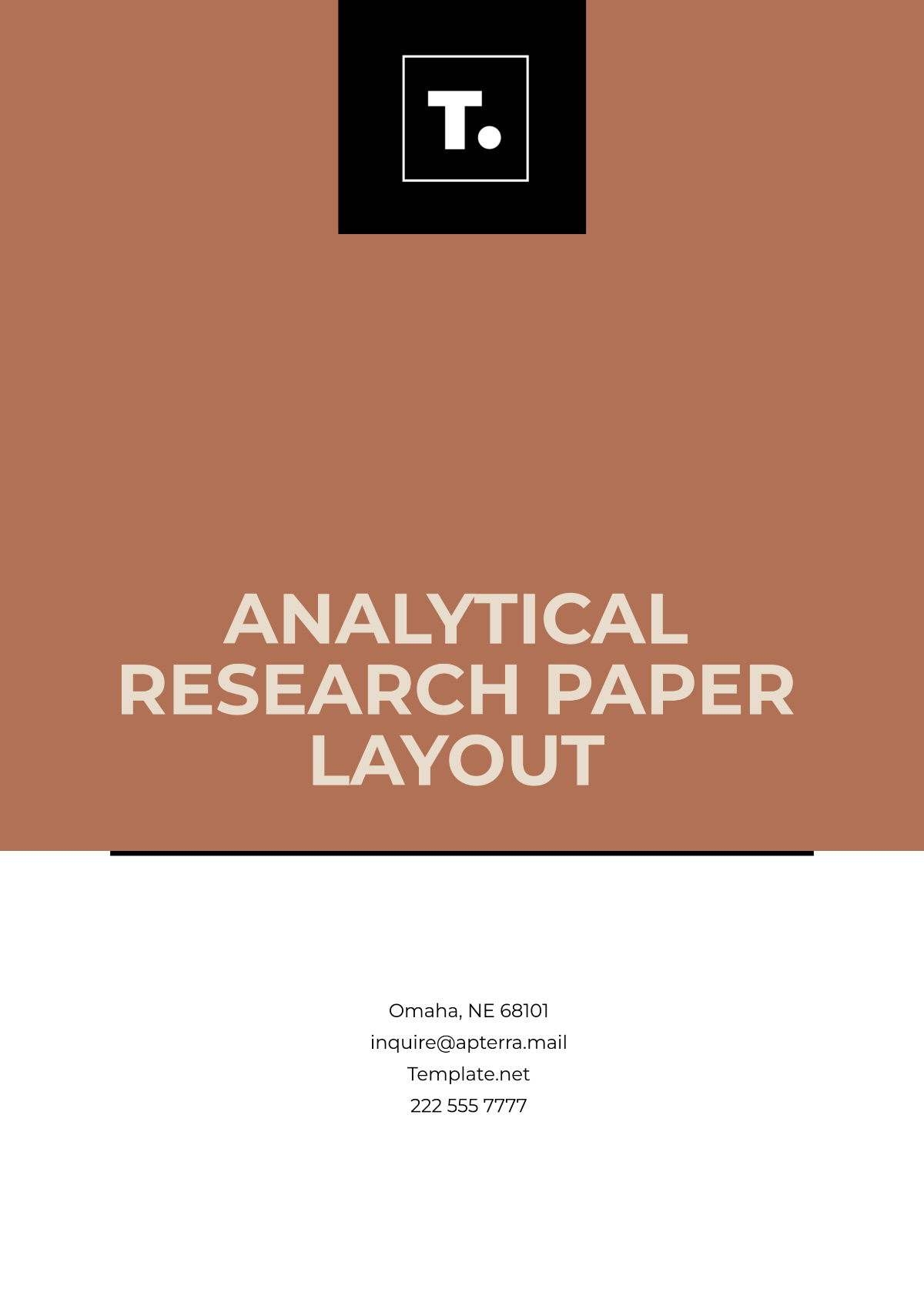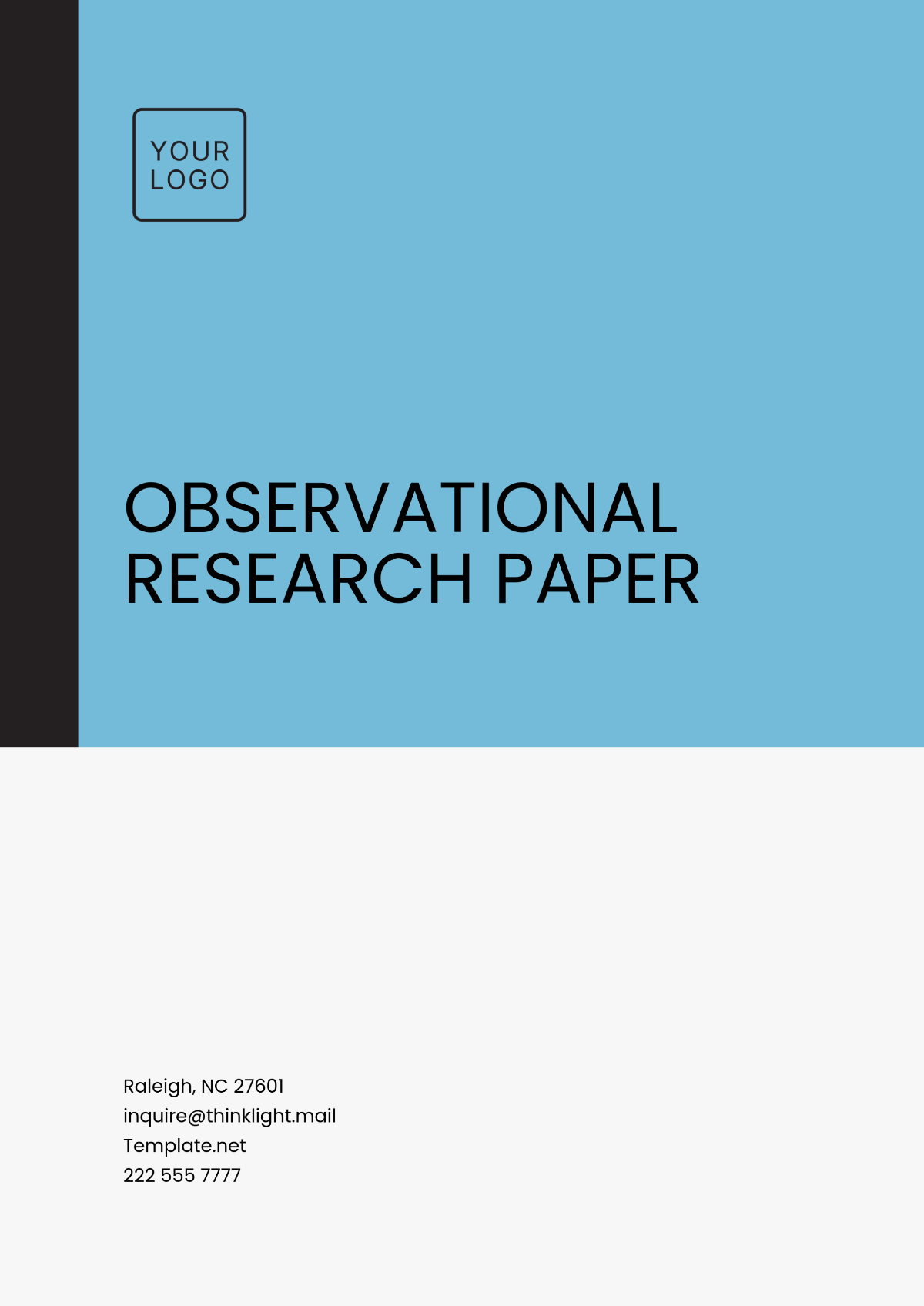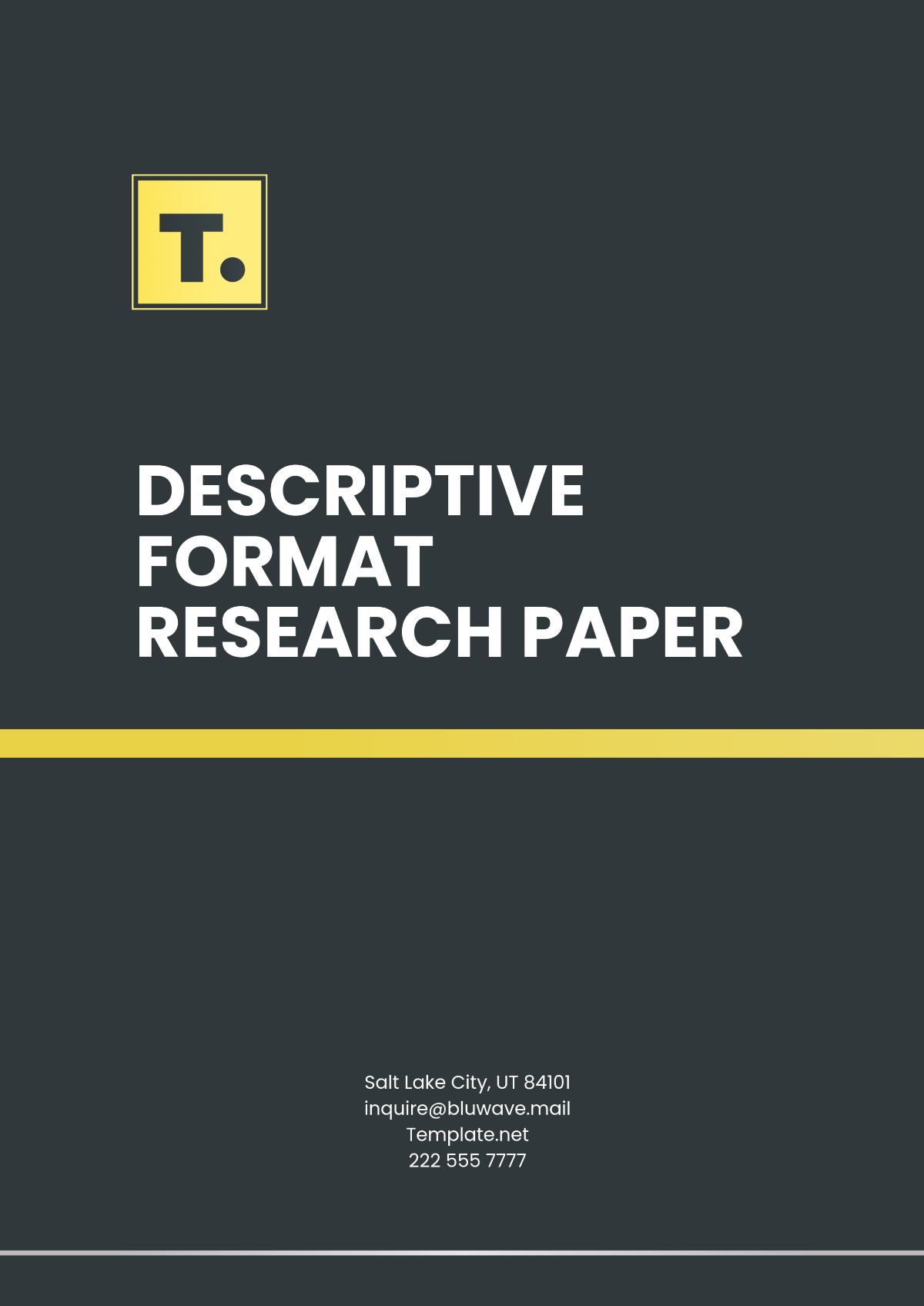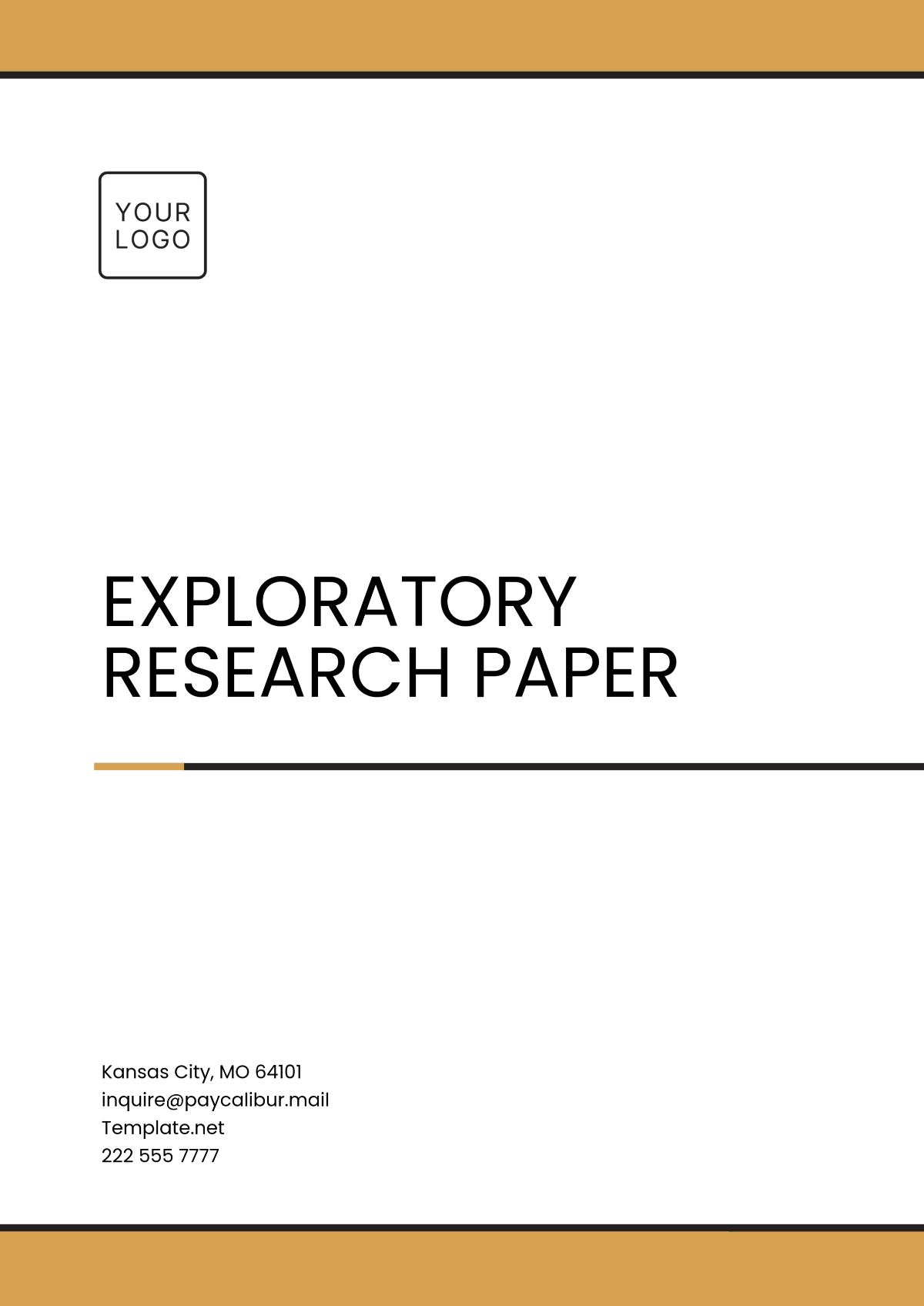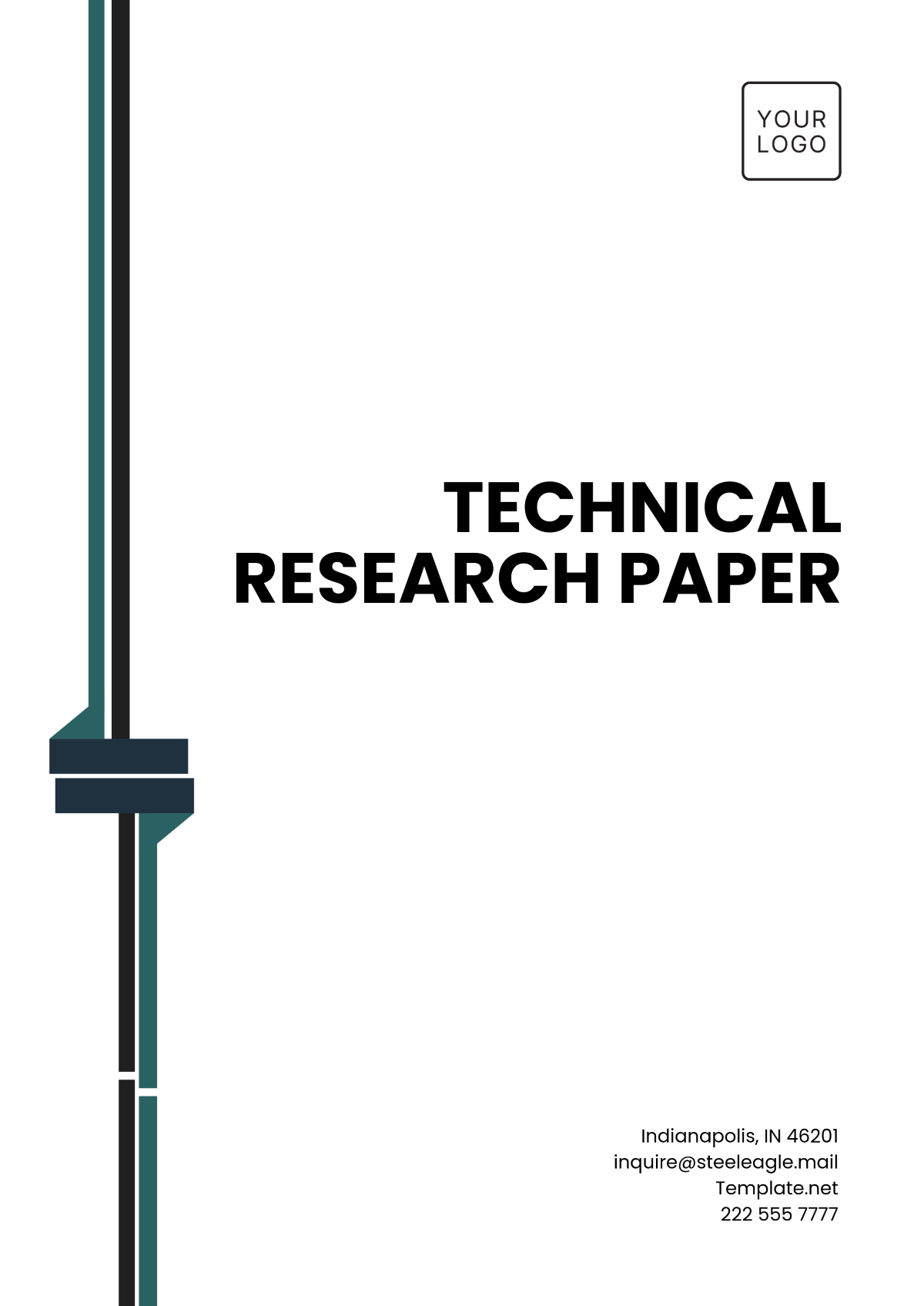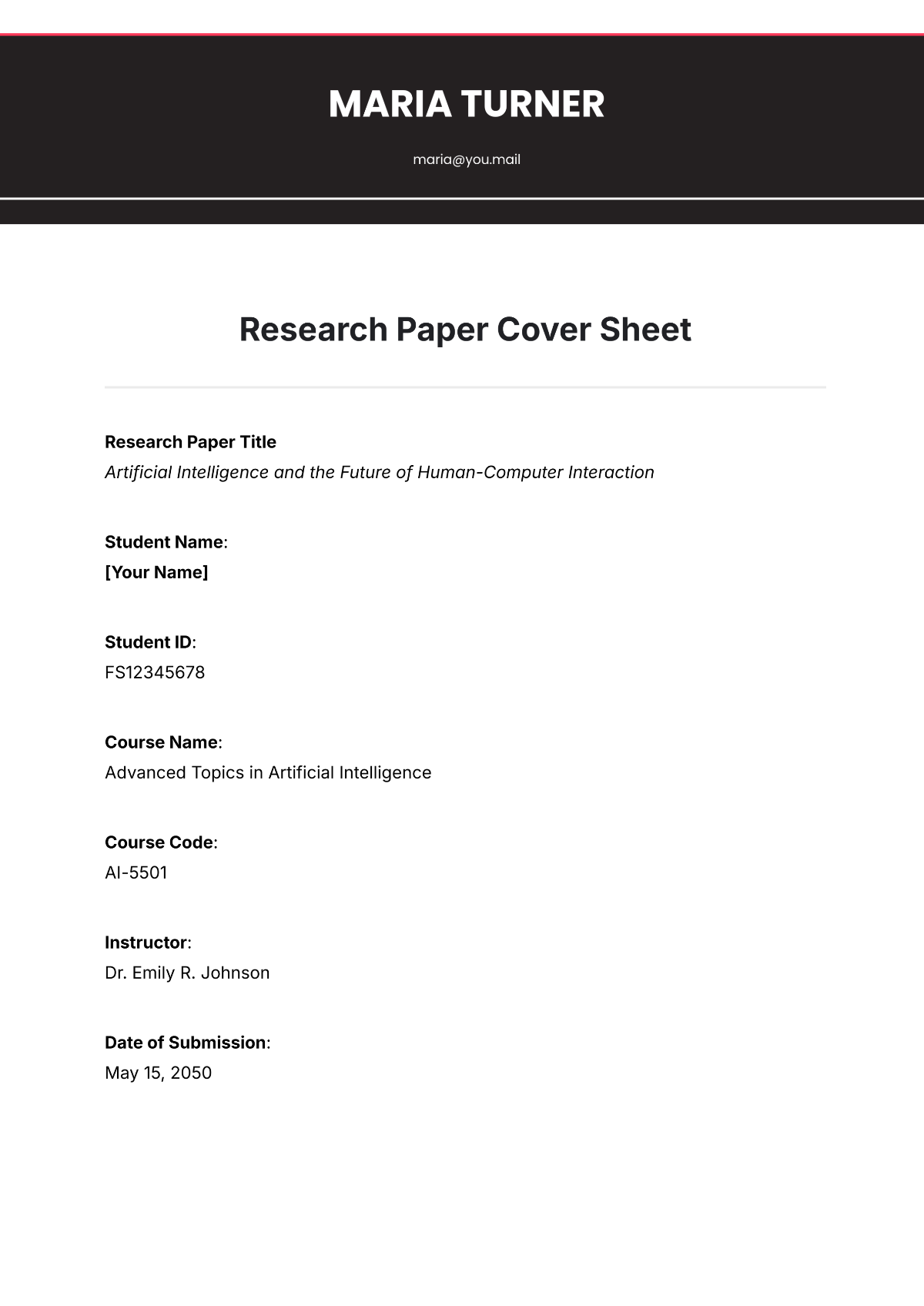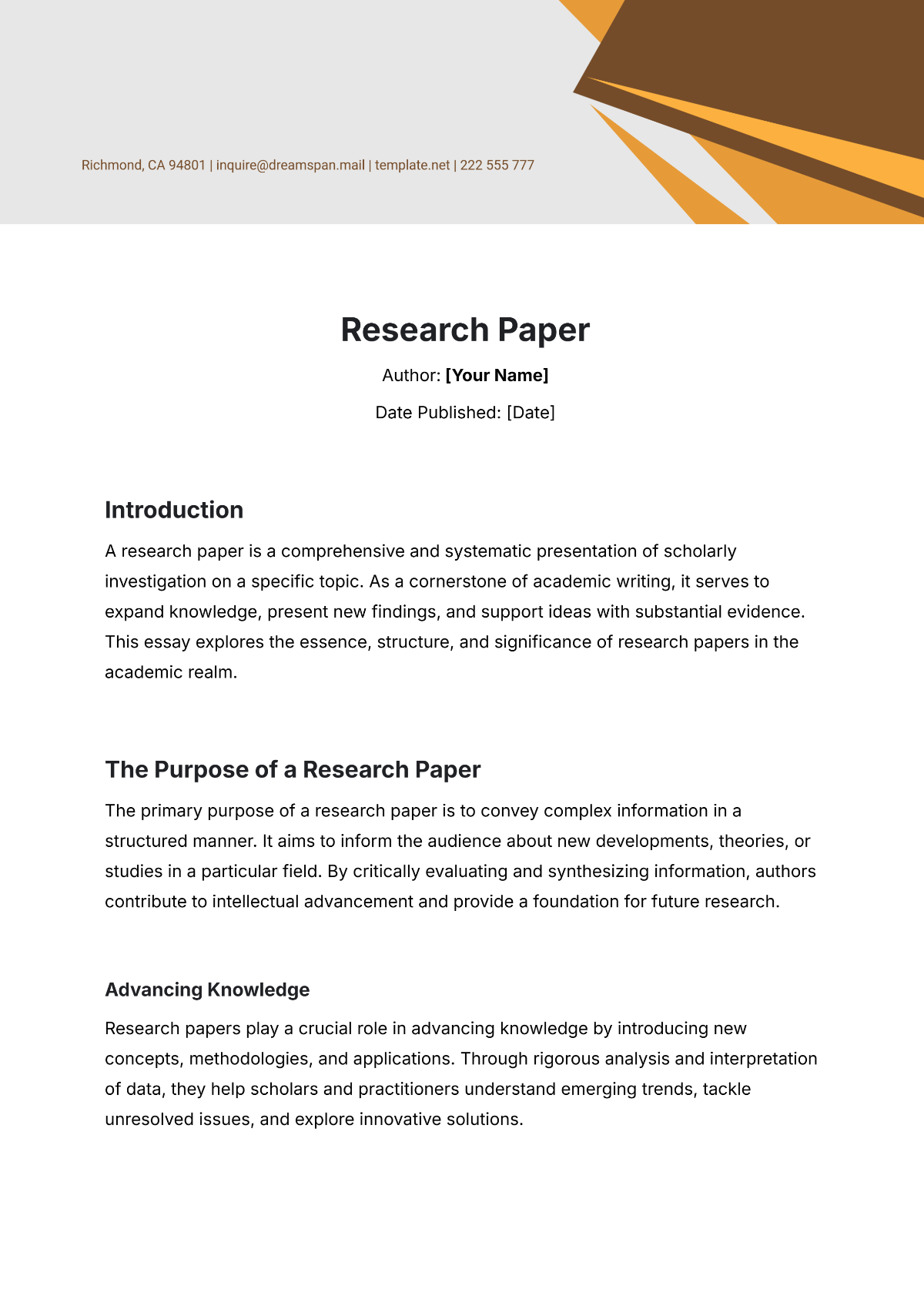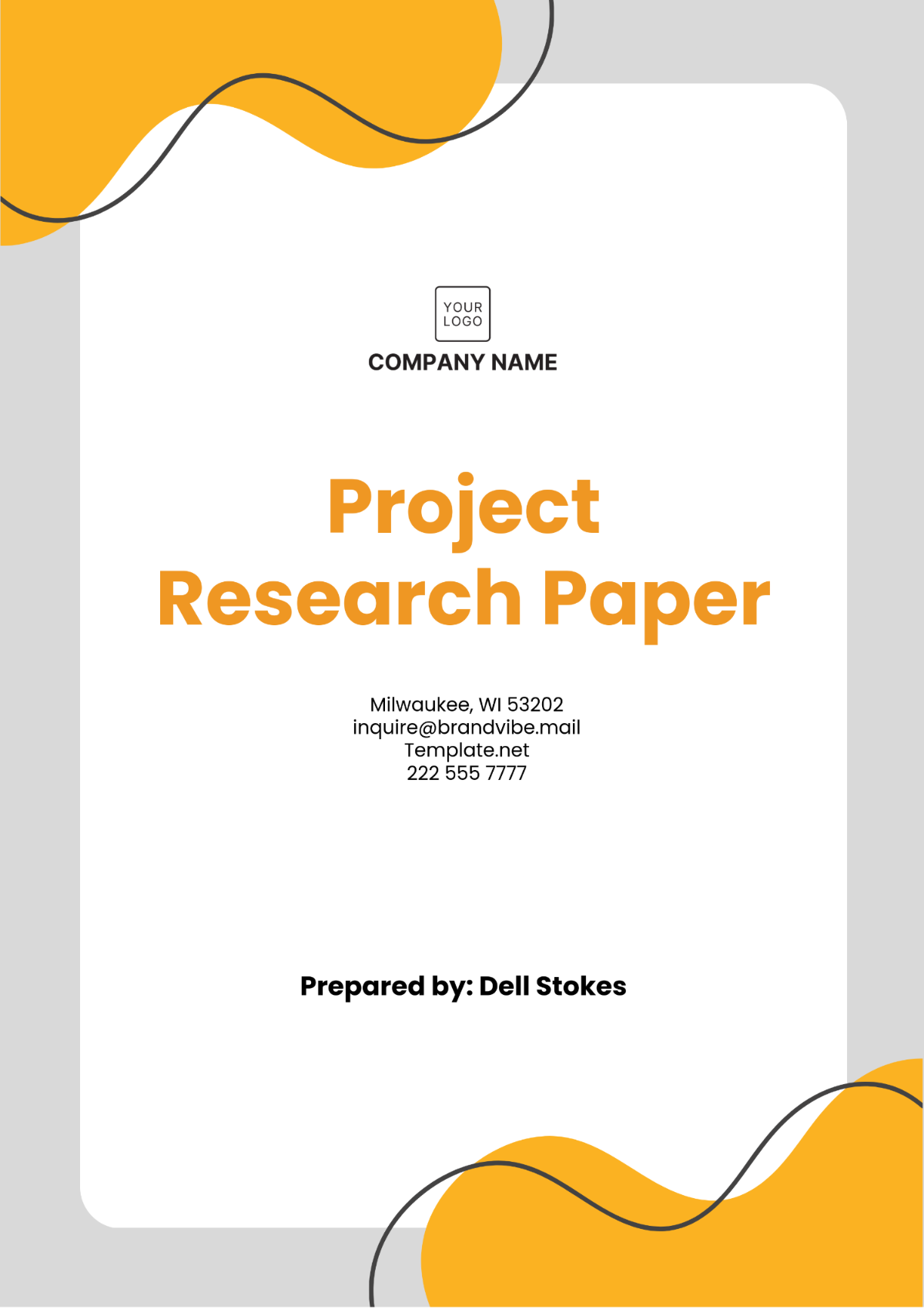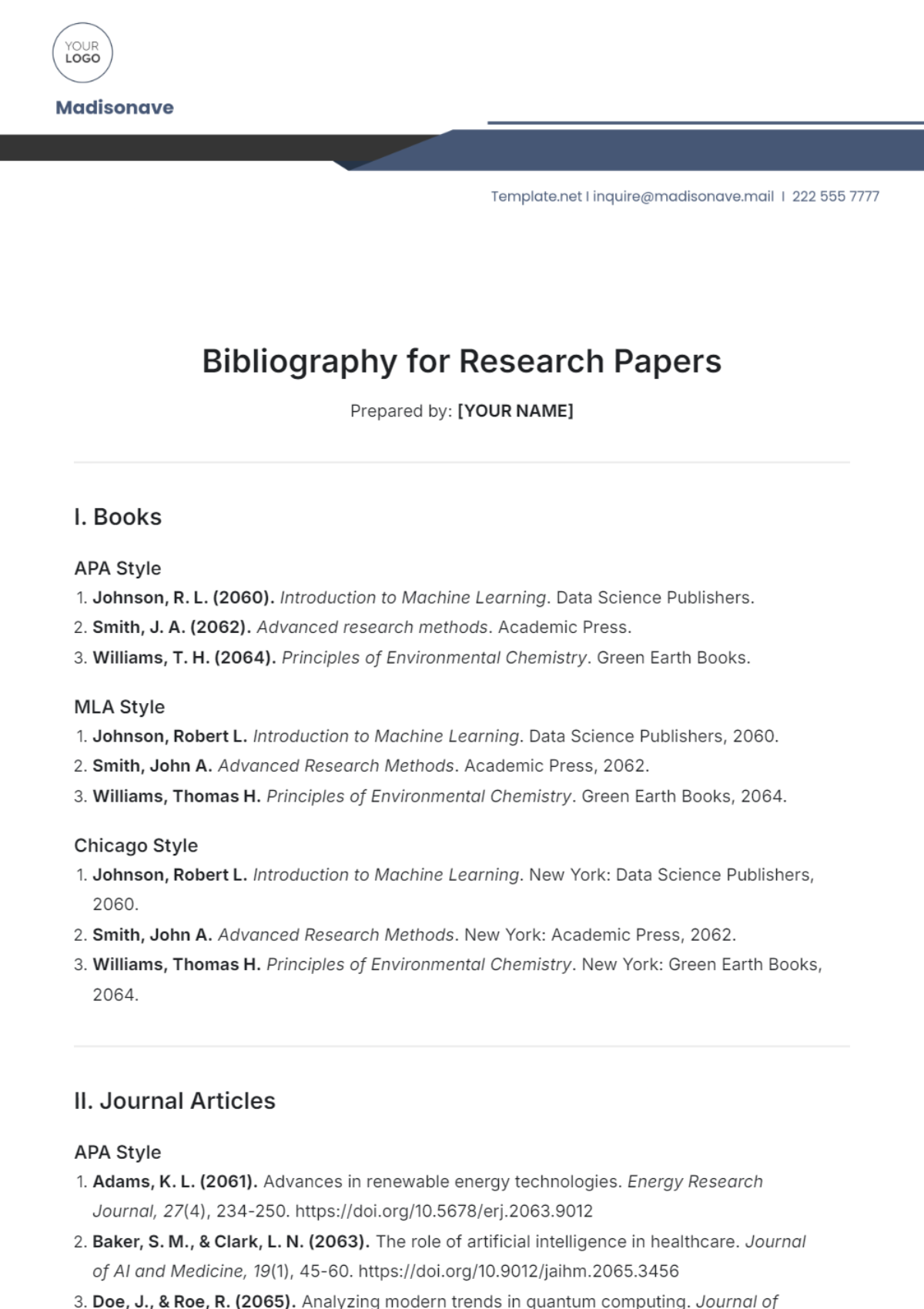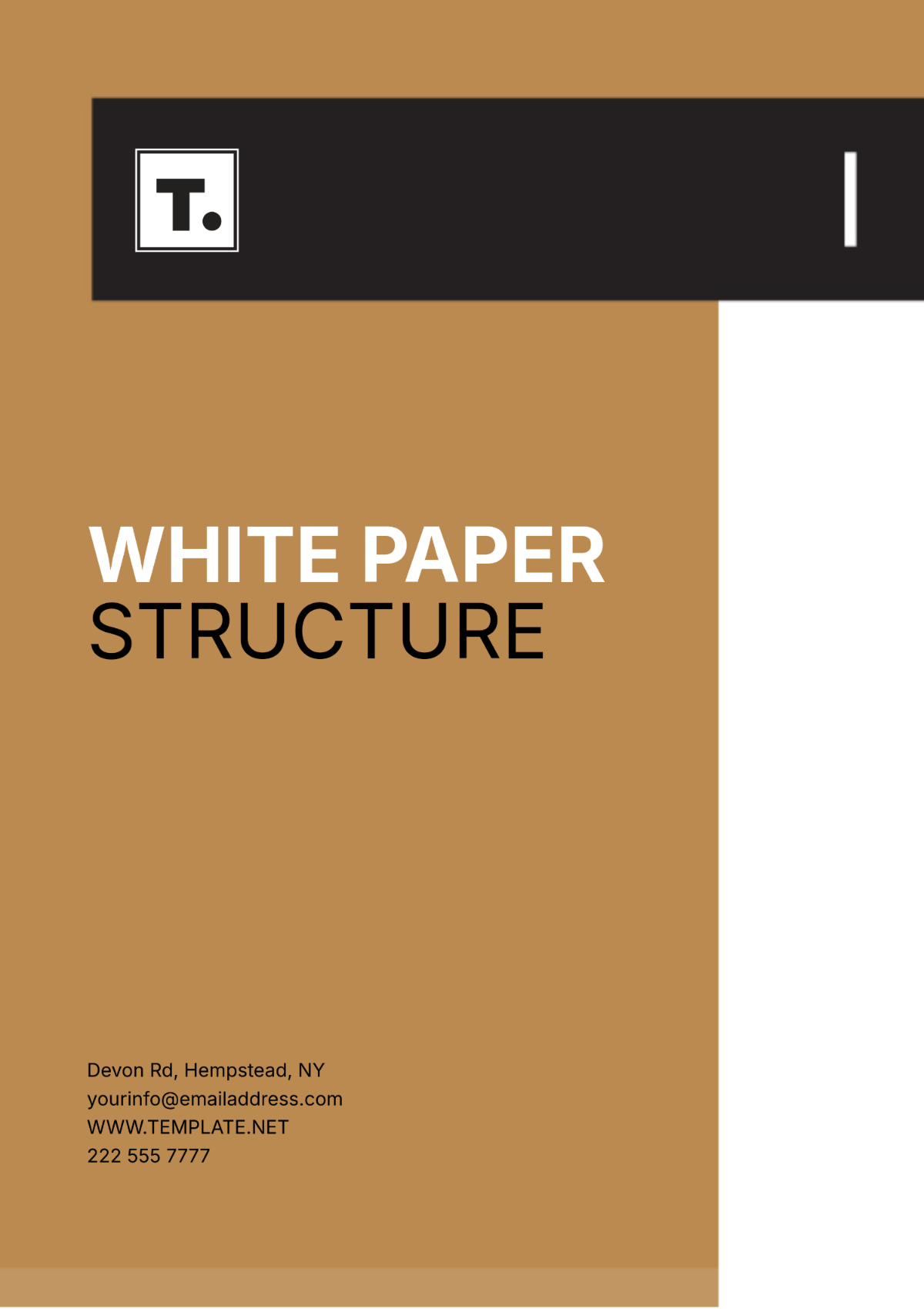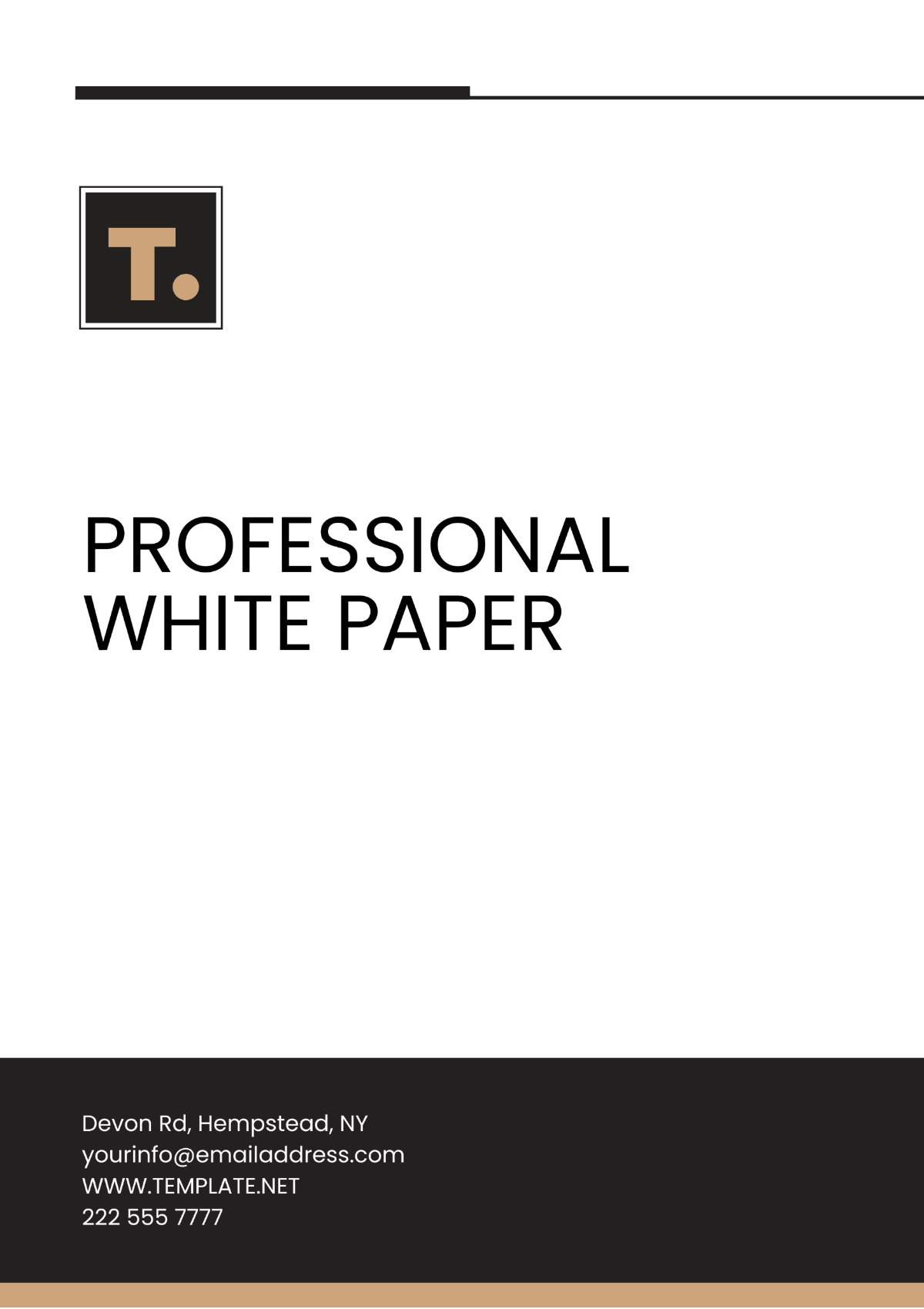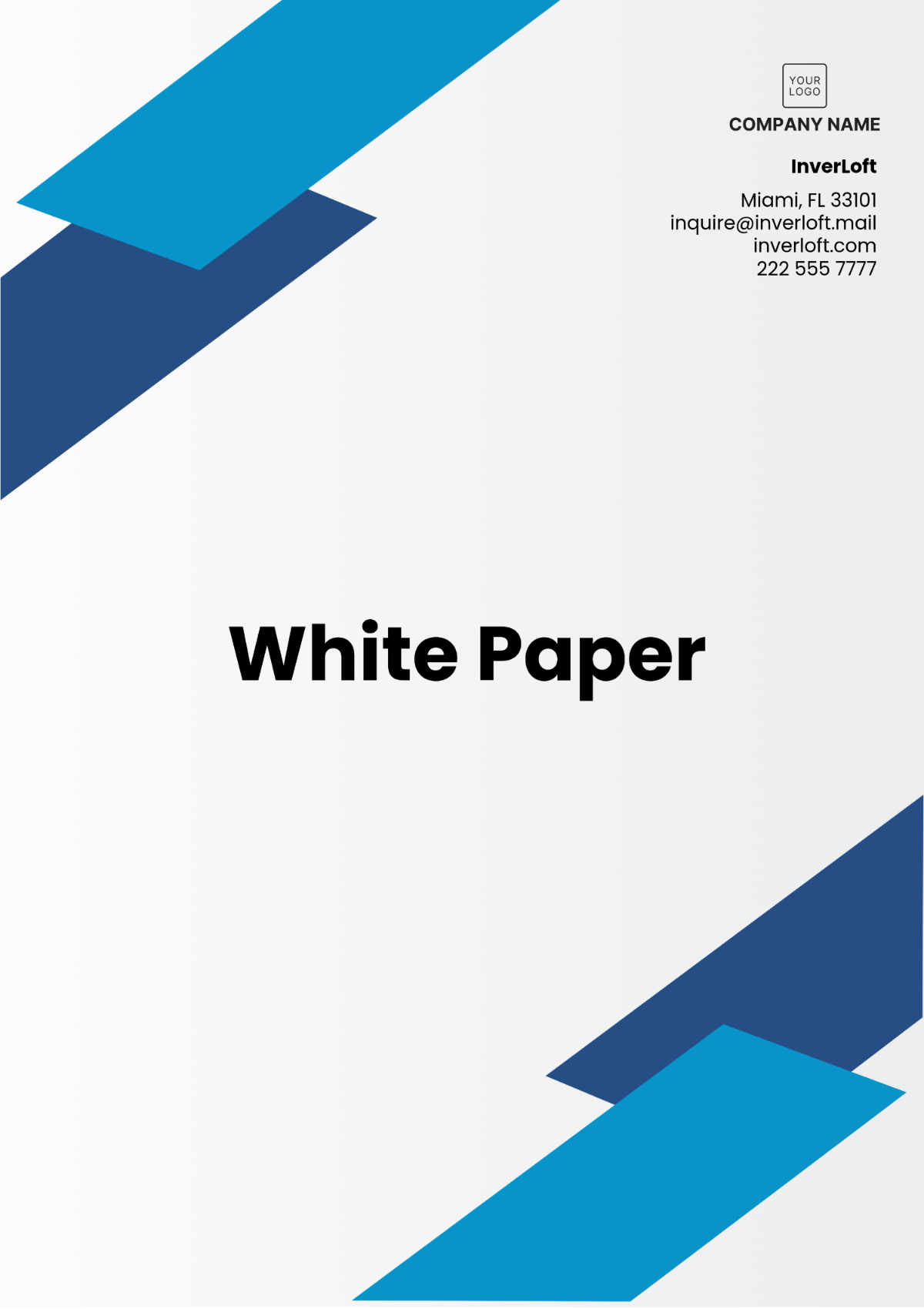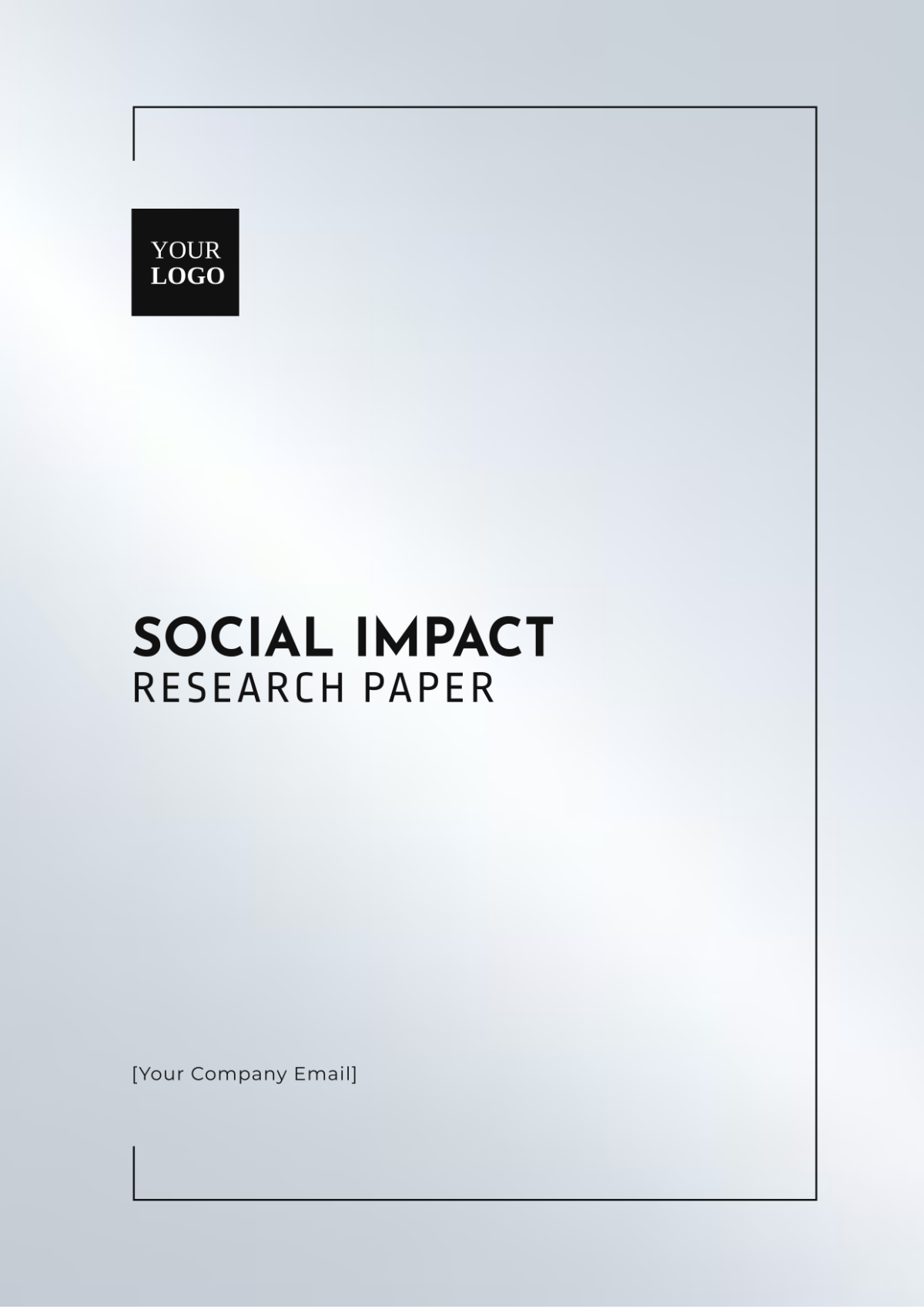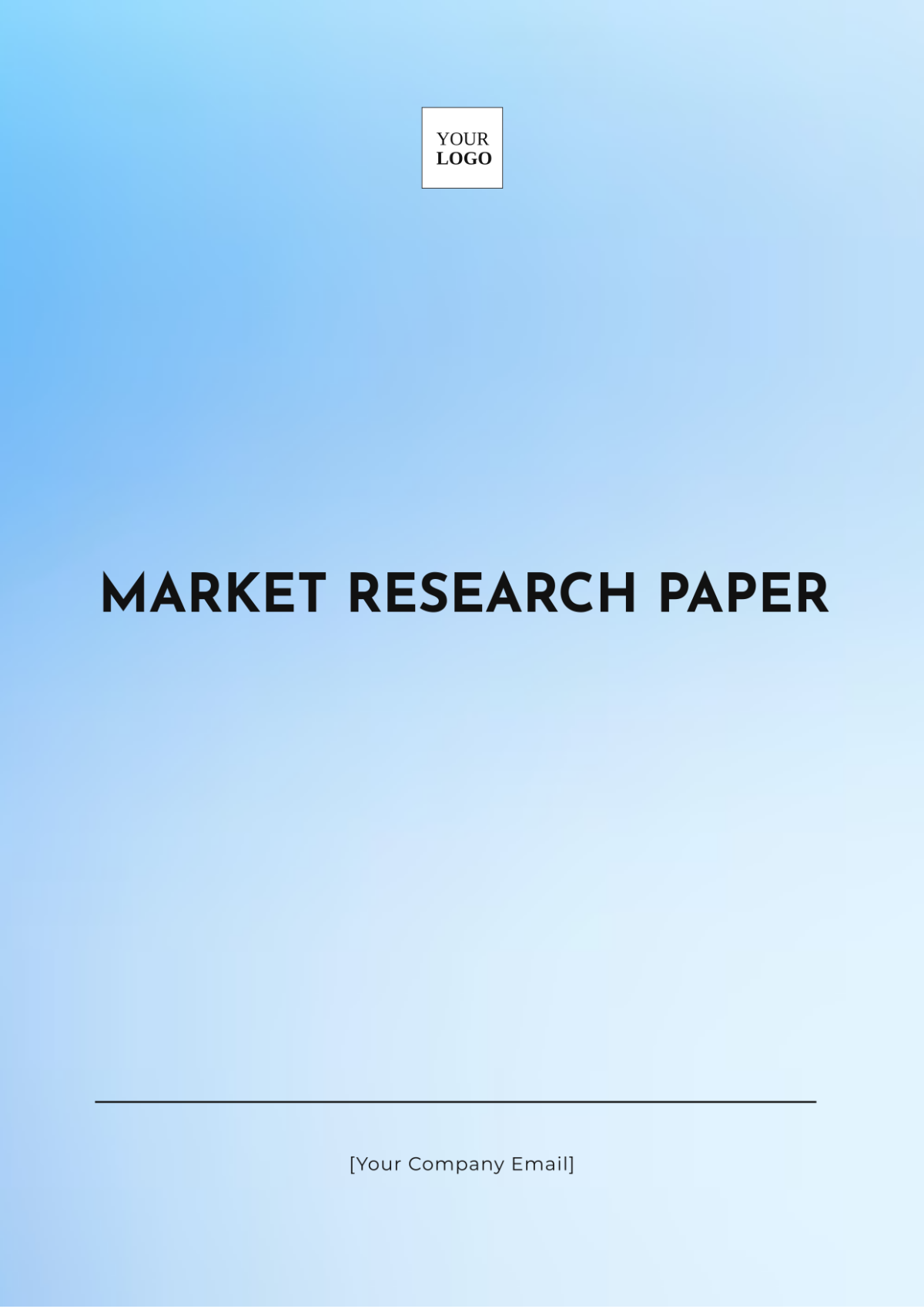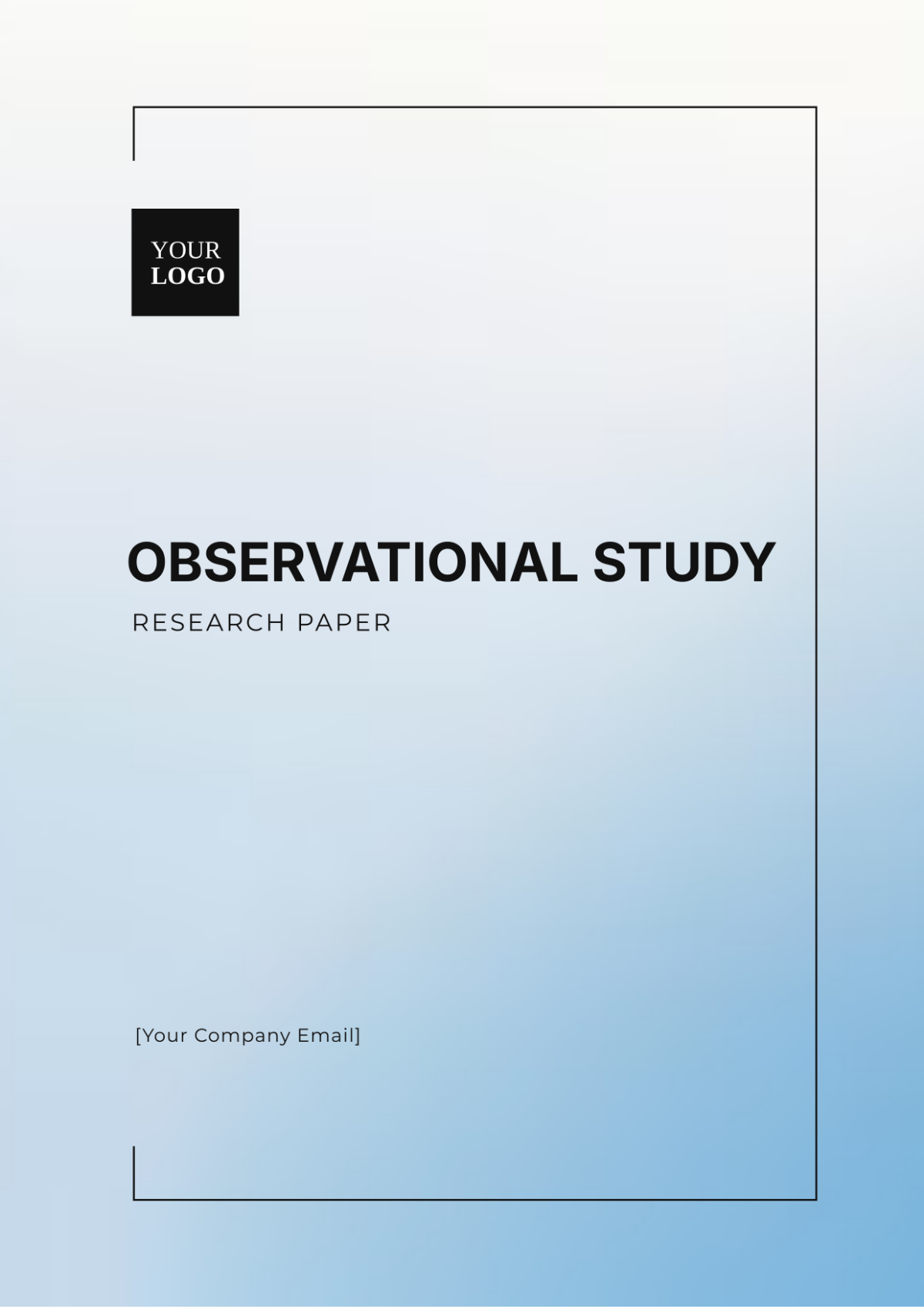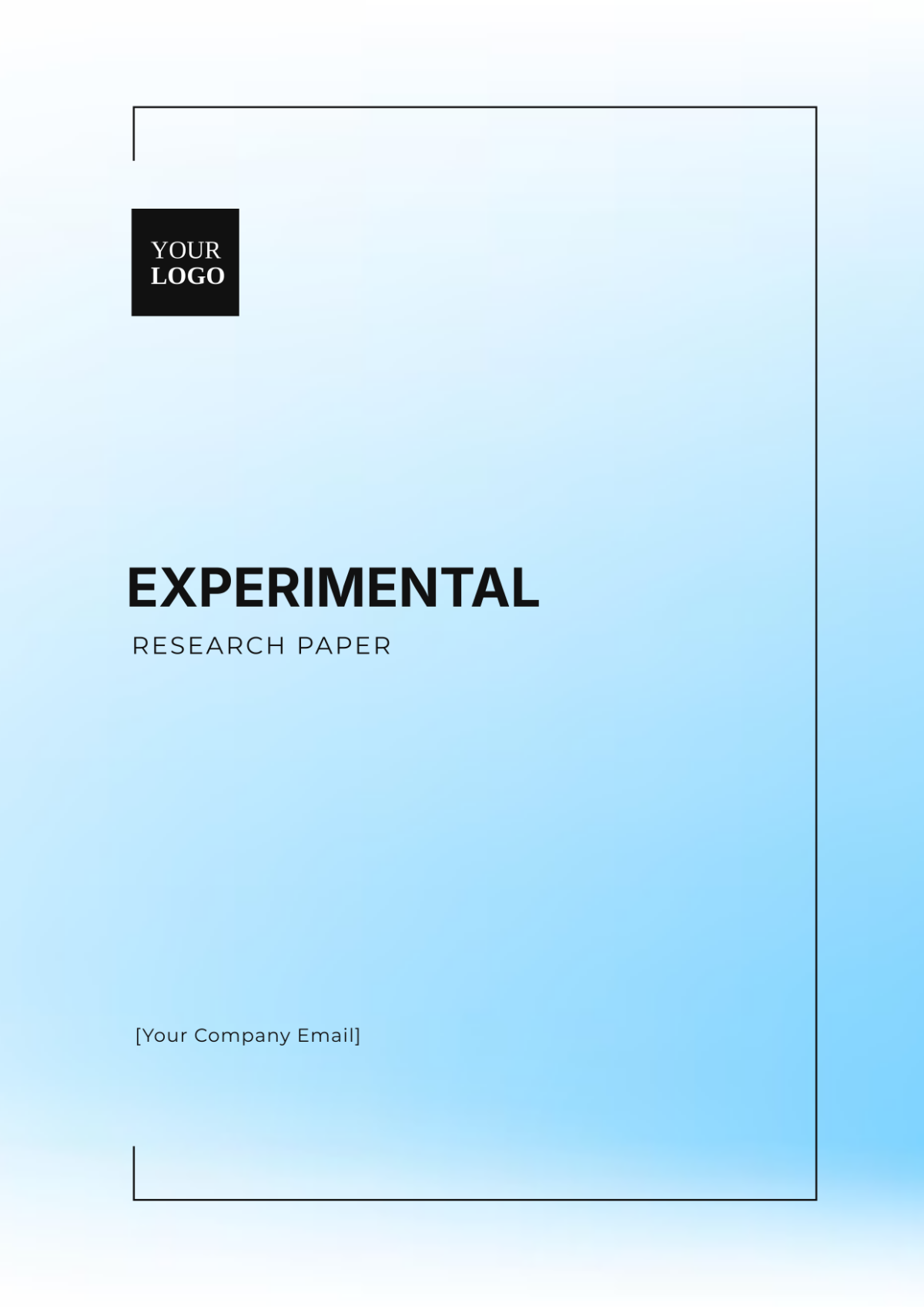Quantum Computing Research Paper
Author: [Your Name]
I. Introduction to Quantum Computing
Quantum computing represents a paradigm shift in computational technology by utilizing the principles of quantum mechanics. Unlike classical computers, which use bits to process information, quantum computers use quantum bits, or qubits, enabling them to tackle complex problems far beyond the reach of traditional systems.
Overview of Quantum Mechanics
Evolution of Quantum Computing
Pioneering Research Labs
A. Theoretical Foundations
Quantum mechanics principles such as superposition, entanglement, and interference form the theoretical foundation of quantum computing, providing unprecedented parallel processing power.
B. Historical Milestones
Since its inception, quantum computing has seen significant milestones, including the first qubit demonstration in the late 20th century and rapid developments in the 21st century.
II. Quantum Computing Technologies
Current quantum computing technologies are diverse and continue to evolve rapidly. These technologies are categorized based on qubit realization, including superconducting qubits, trapped ions, and topological qubits.
Technology | Developer | Applications |
|---|---|---|
Superconducting Qubits | IBM, Google | General Quantum Algorithms |
Trapped Ions | IonQ, Honeywell | Precise Quantum Simulations |
Topological Qubits | Microsoft | Robust Quantum Information |
A. Superconducting Circuits
The majority of today’s quantum computers use superconducting circuits, exploiting the quantum phenomenon of superposition to perform computations at speeds unattainable by classical machines.
B. Quantum Annealers
Quantum annealers provide solutions to optimization problems through quantum tunneling, offering significant advantages for industry-specific applications.
III. Quantum Algorithms and Applications
Quantum algorithms capitalize on quantum superposition and entanglement to solve particular problems much faster than classical algorithms. Pioneering algorithms like Shor's and Grover's have revolutionized computational goals across industries.
Shor’s Algorithm for Factoring
Grover’s Search Algorithm
Quantum Machine Learning
A. Complex Simulations
Quantum computers excel in simulating complex quantum systems, from molecular modeling to large-scale quantum dynamics, refining prediction accuracy and revolutionizing scientific research.
B. Cryptography Implications
Quantum computing poses challenges and opportunities in cryptography, promising robust quantum cryptosystems while threatening conventional encryption schemes.
IV. Future Trends and Challenges
The future of quantum computing holds vast potential for advancement and challenges. Key developments are expected in quantum hardware, error correction, and software innovations, heading into 2060 and beyond.
A. Error Correction Challenges
Error correction remains a primary challenge, requiring significant qubit overhead and advanced techniques to make computational outputs reliable and scalable.
B. Quantum Networking
Quantum networks will revolutionize communication, enabling secure, instantaneous transmission of quantum information across global distances.
As we advance toward a post-2060 era, these domains will likely define the next generation of computational science, pushing the boundaries of what humanity considers possible.
V. Conclusion
Quantum computing is at the frontier of technological evolution, promising revolutionary advancements across myriad domains. Continued research, international collaboration, and ethical considerations will dictate the pace and impact of these developments, paving the way for a quantum-enabled future. Ongoing research and the establishment of quantum hubs are paramount to overcoming existing limitations and harnessing this technology's full potential by 2060.
References
Author(s). (Year). Title of Article. Journal Name, volume(issue), page range.
Smith, J. (2060). Quantum Mechanics and Computation. Future Computing Journal, 45(7), 987-1023.
Doe, A. (2061). Advances in Quantum Algorithms. Proceedings of the AI in Computing Symposium, 203-220.
